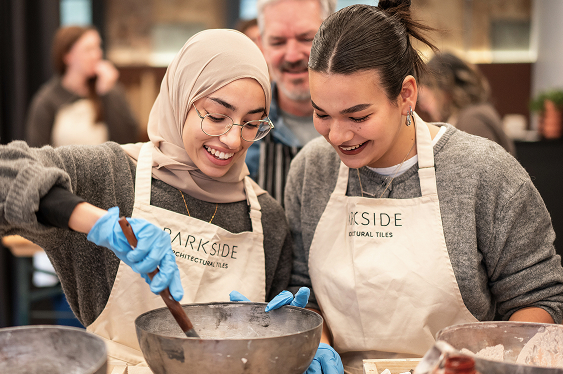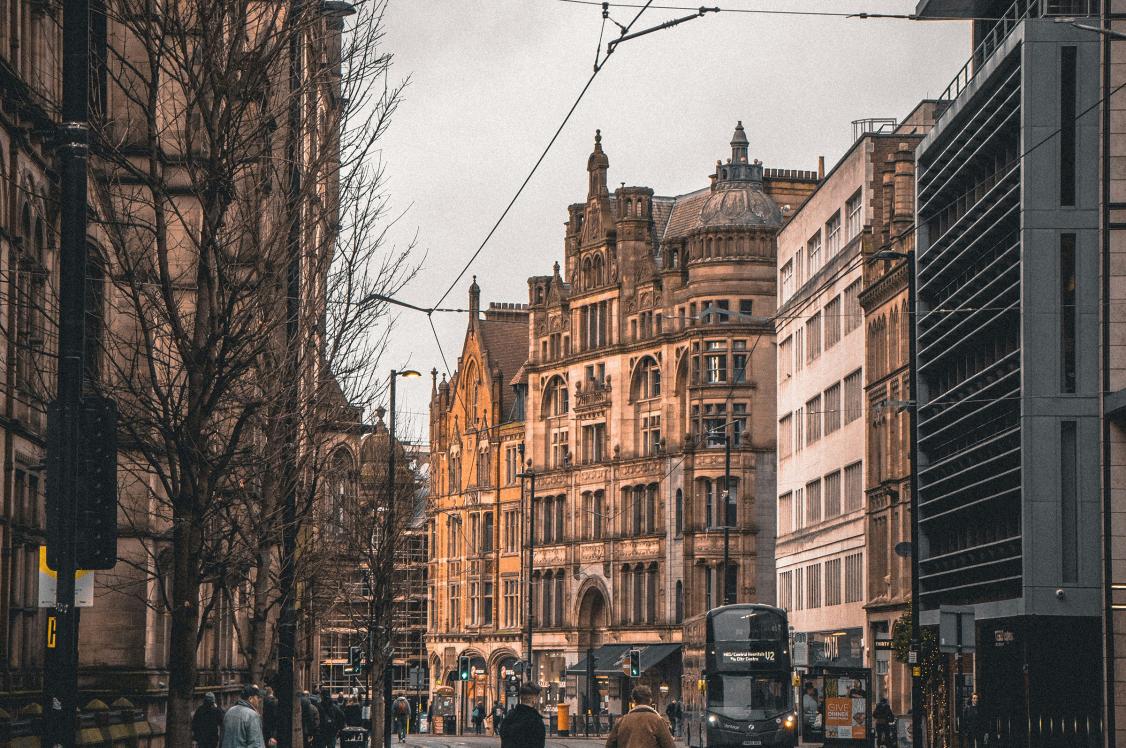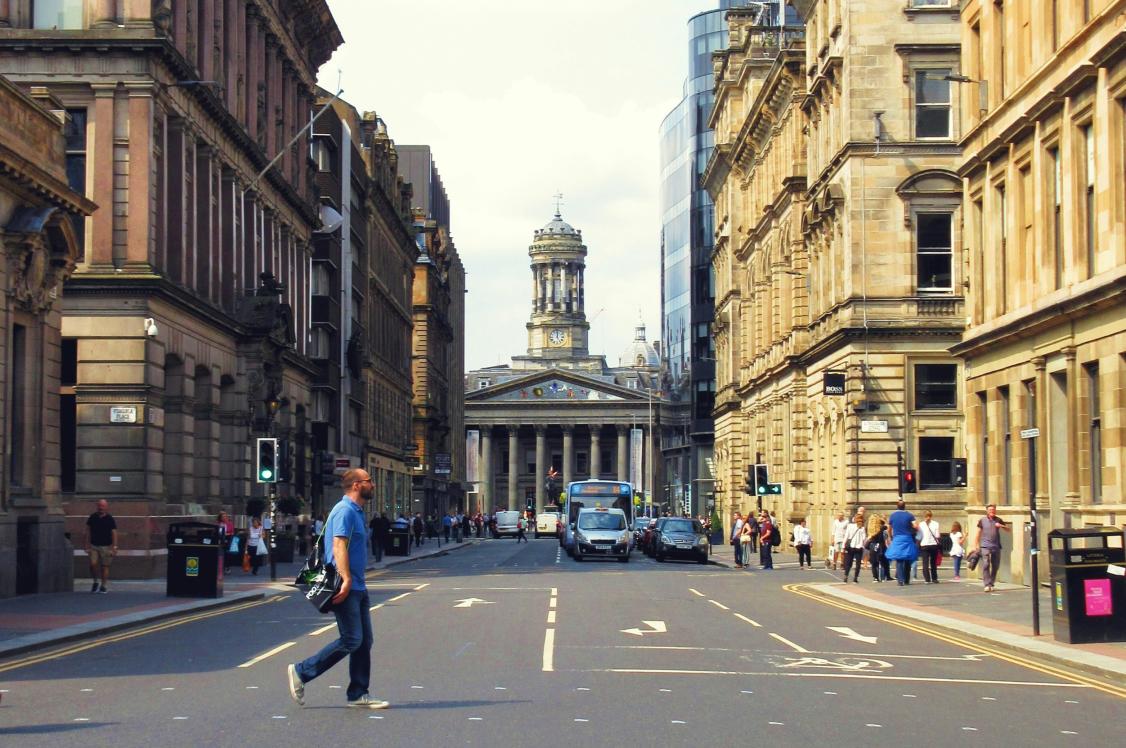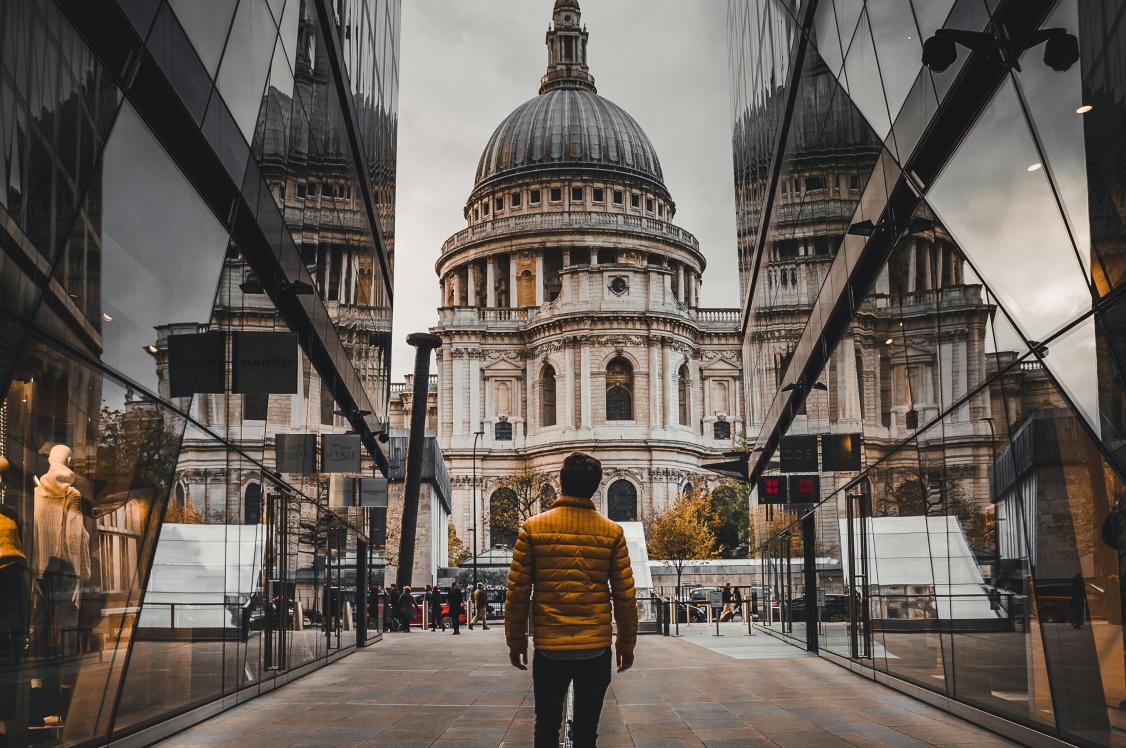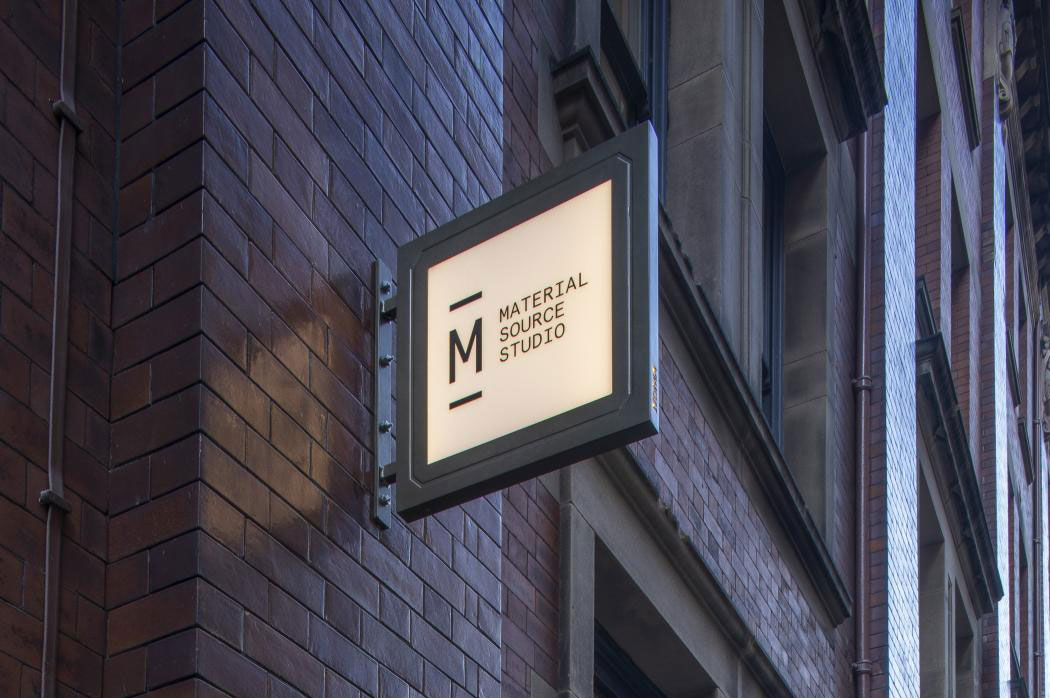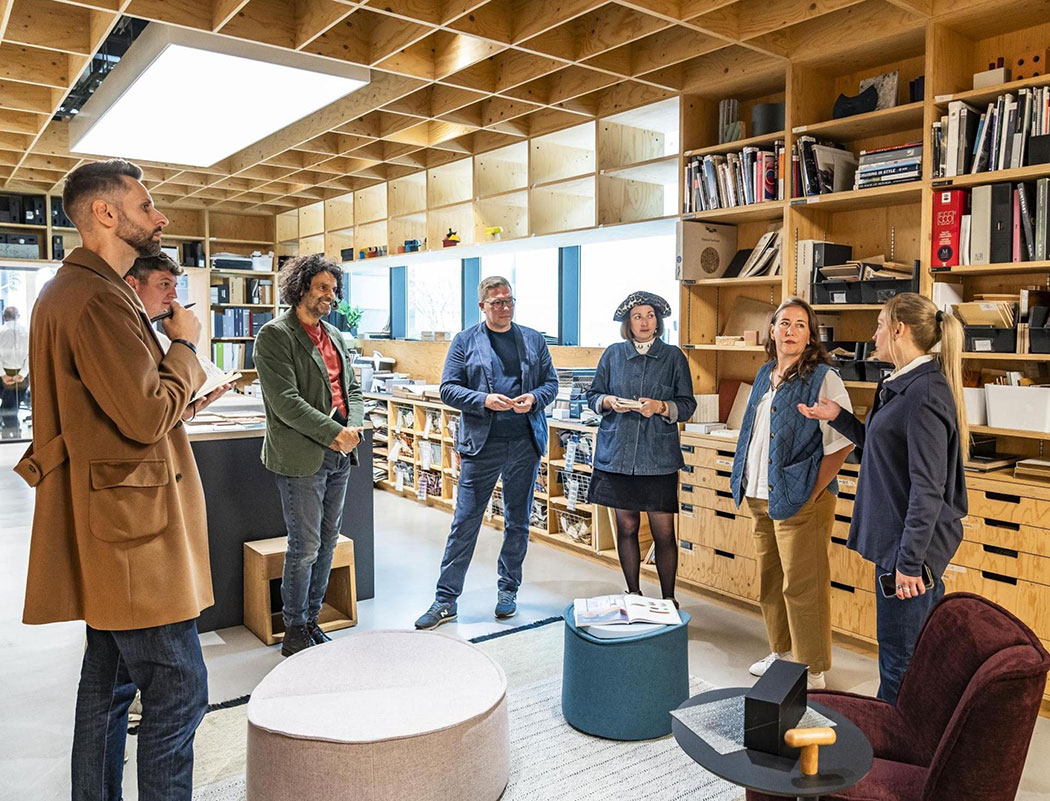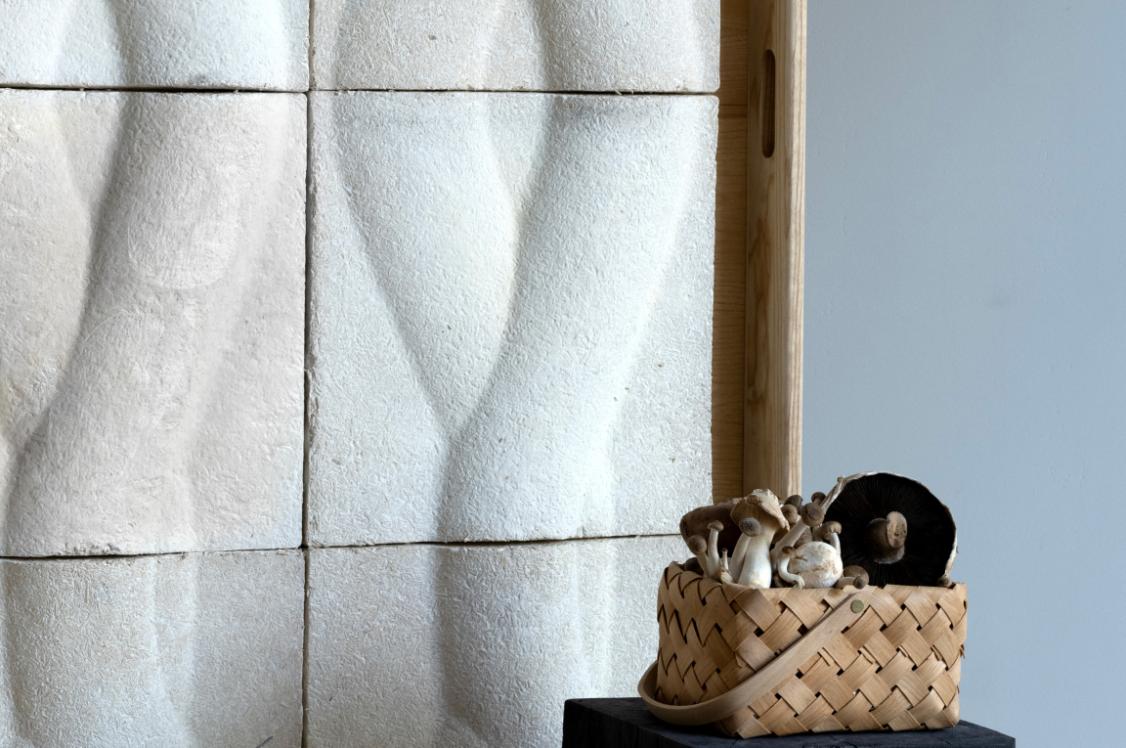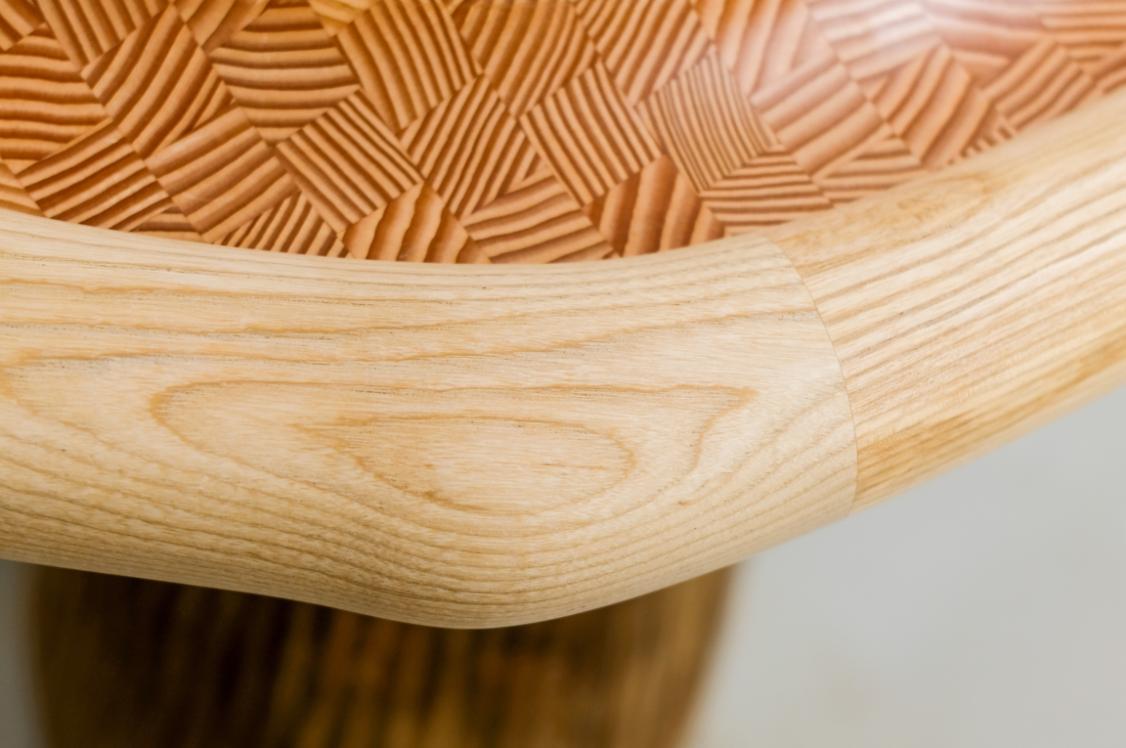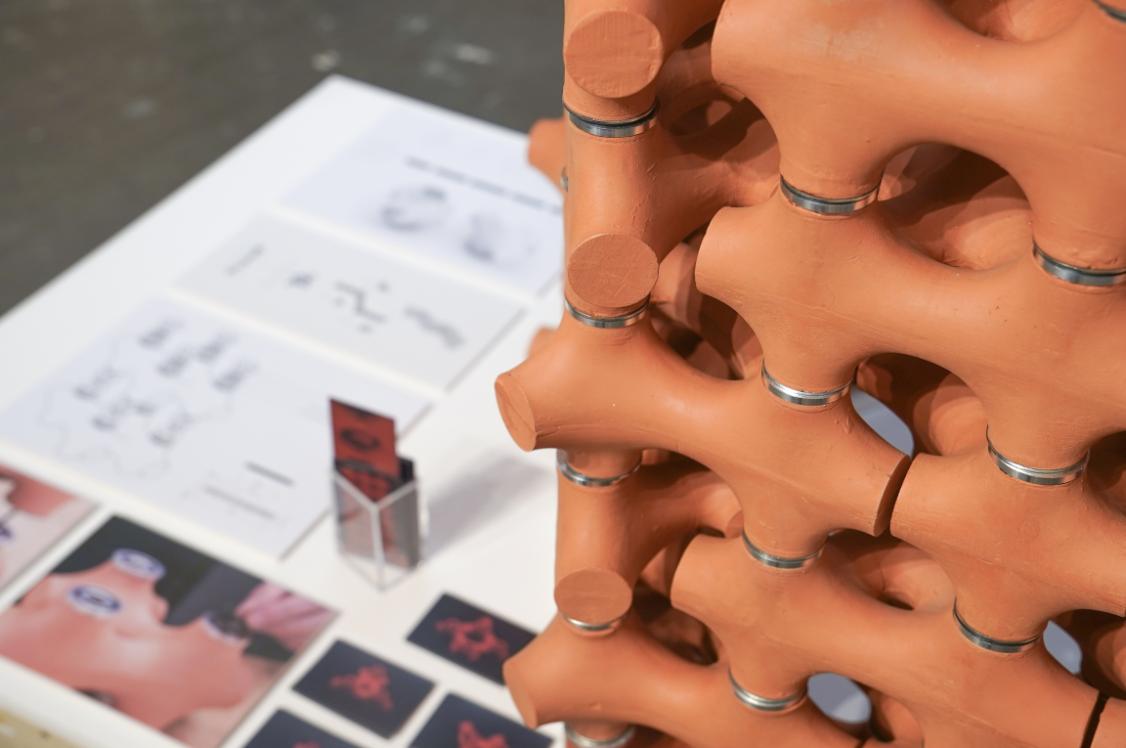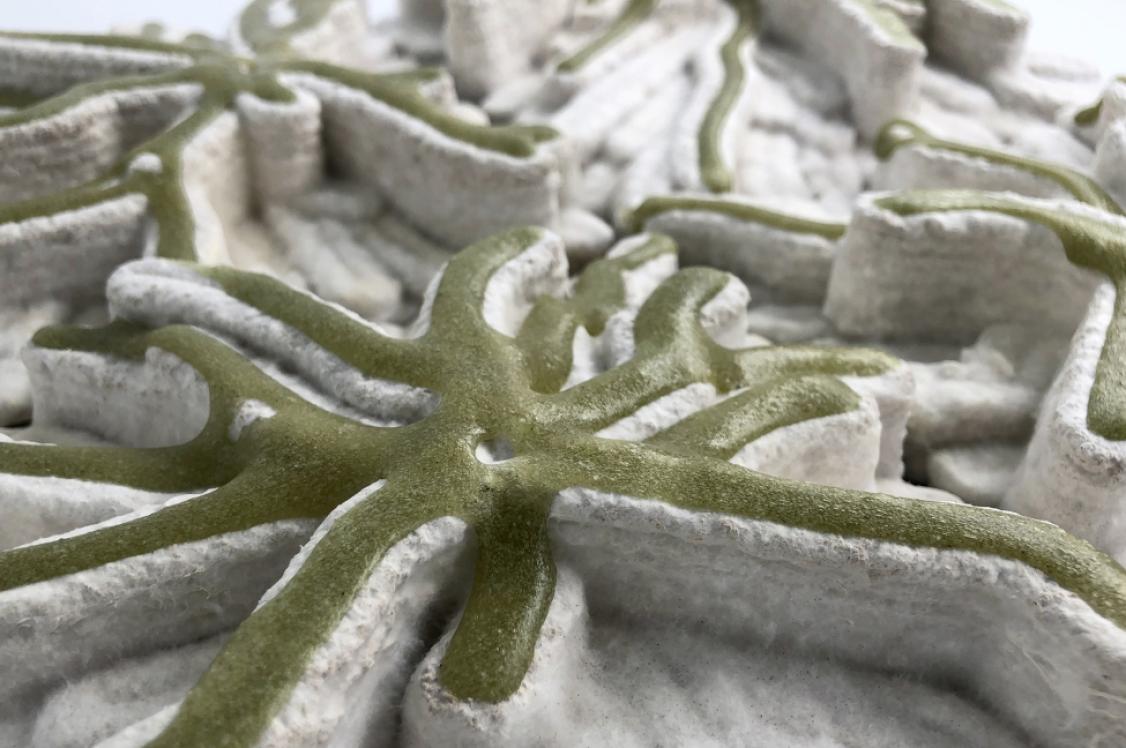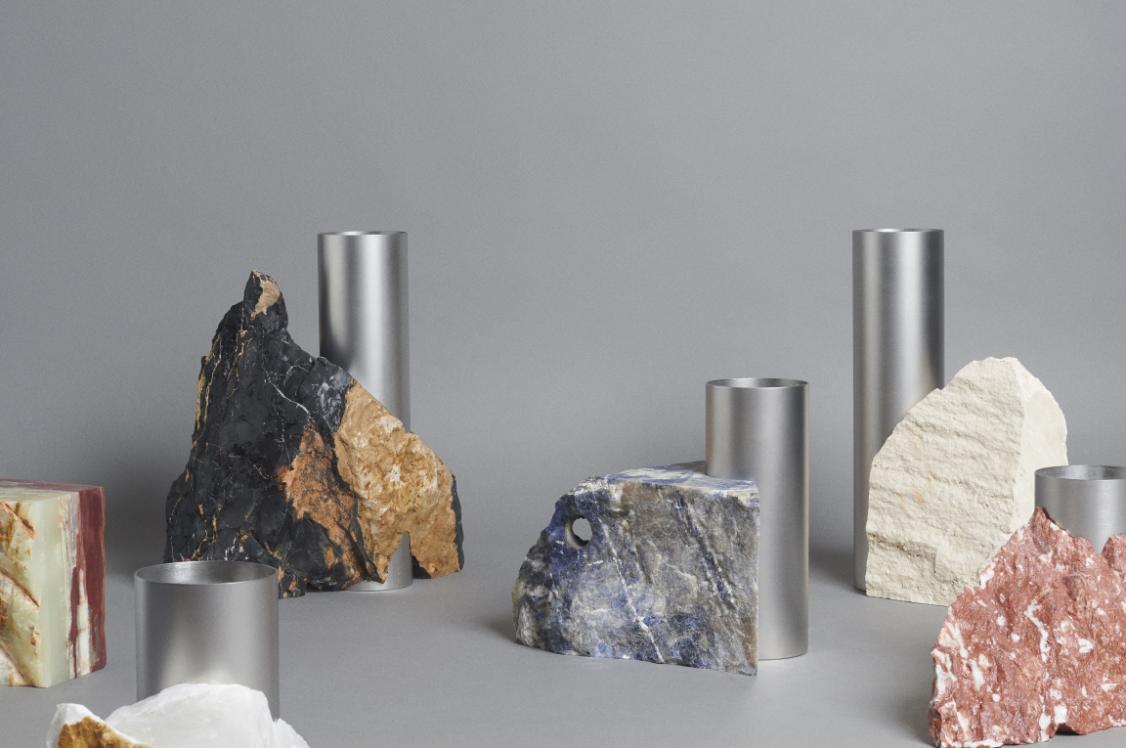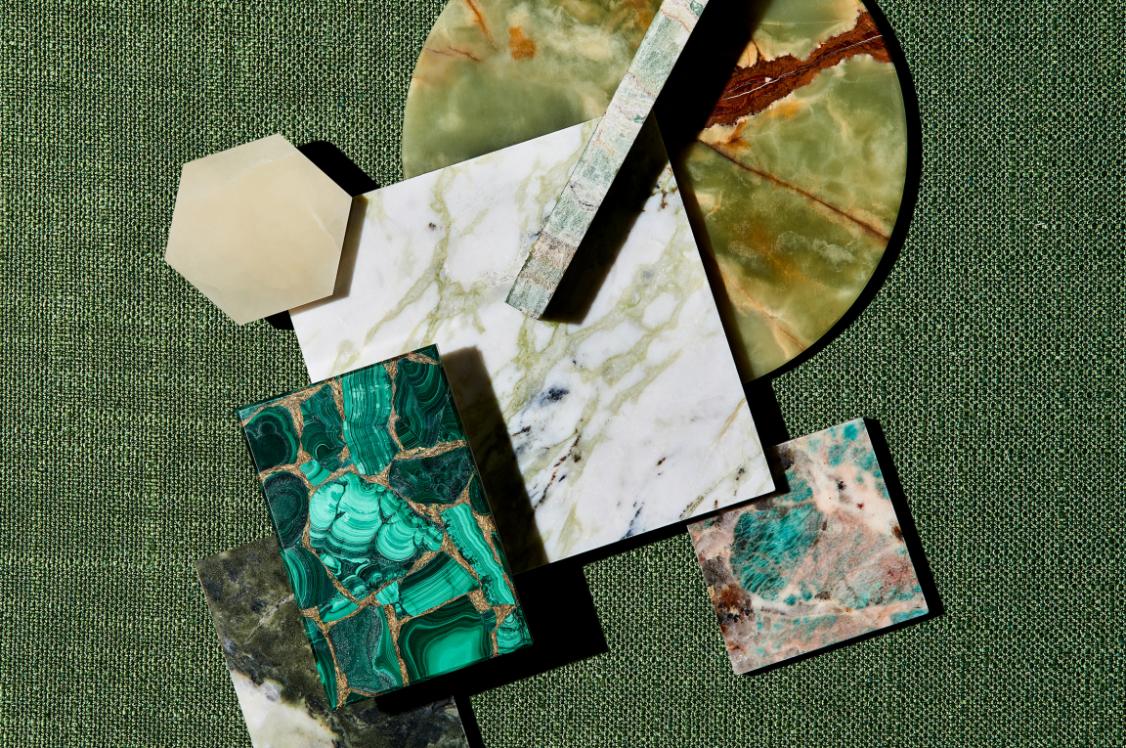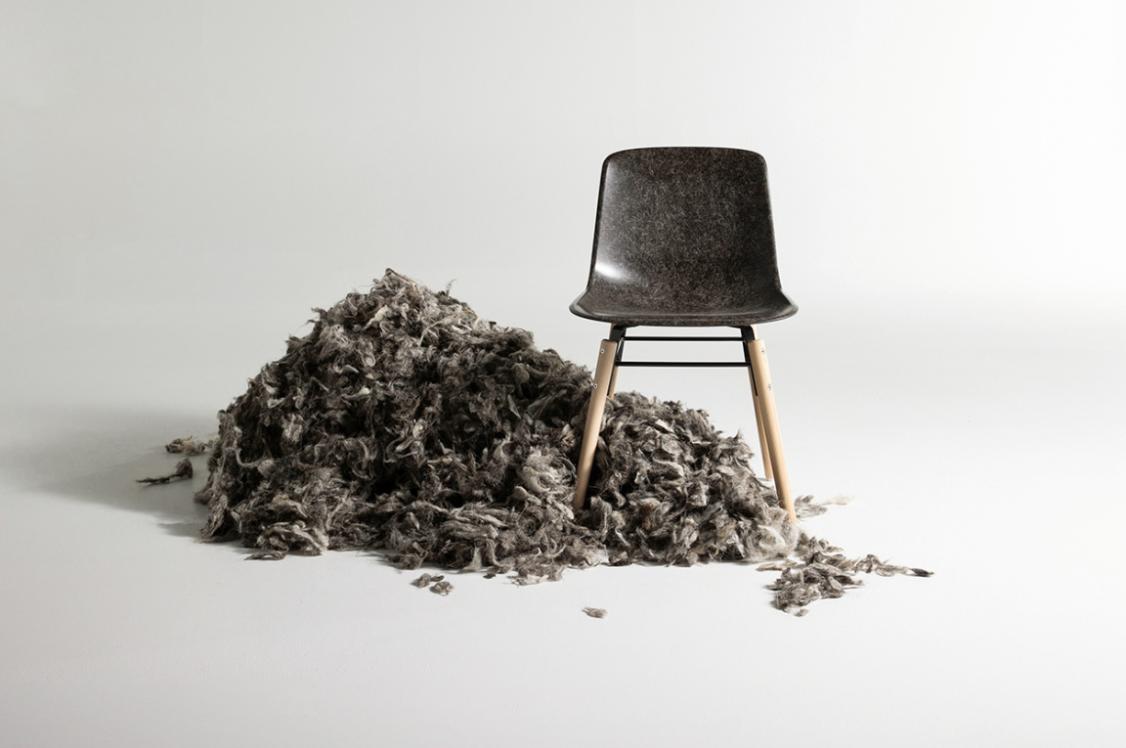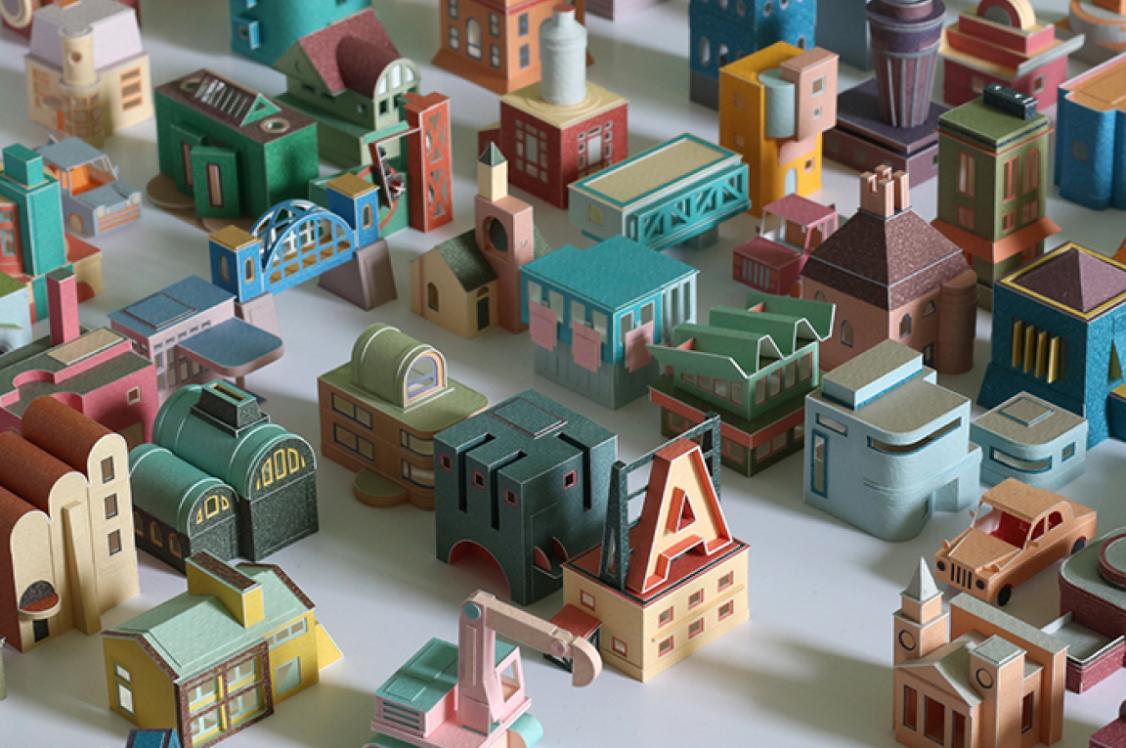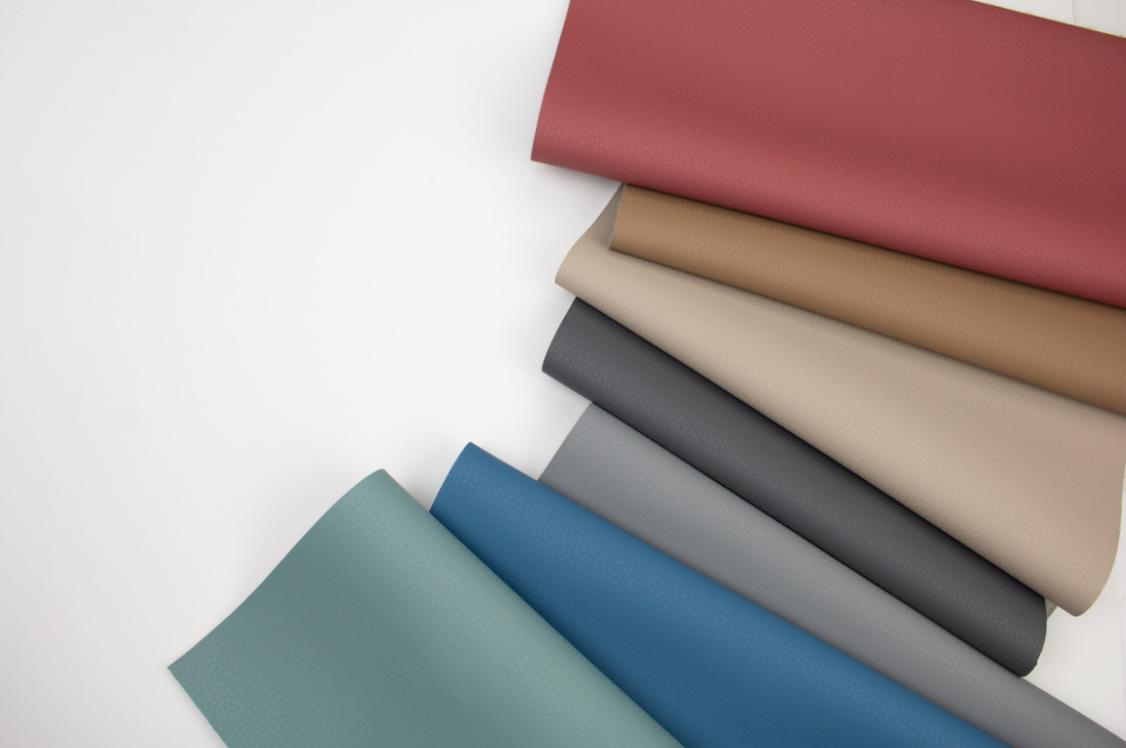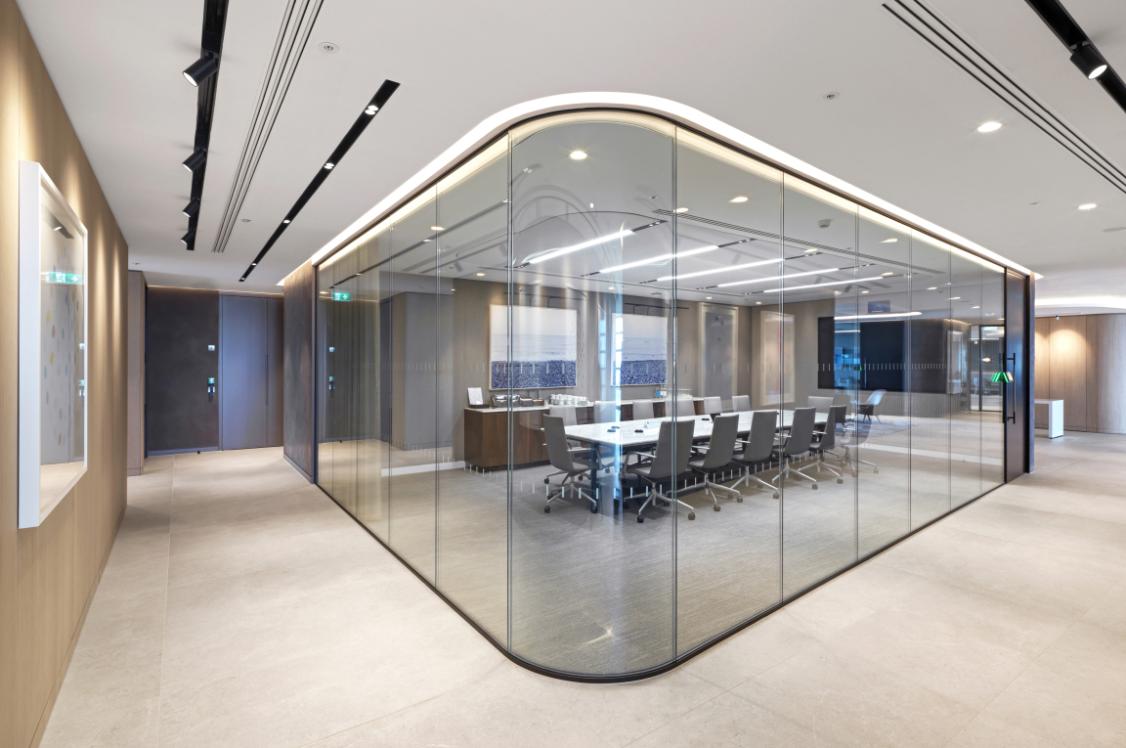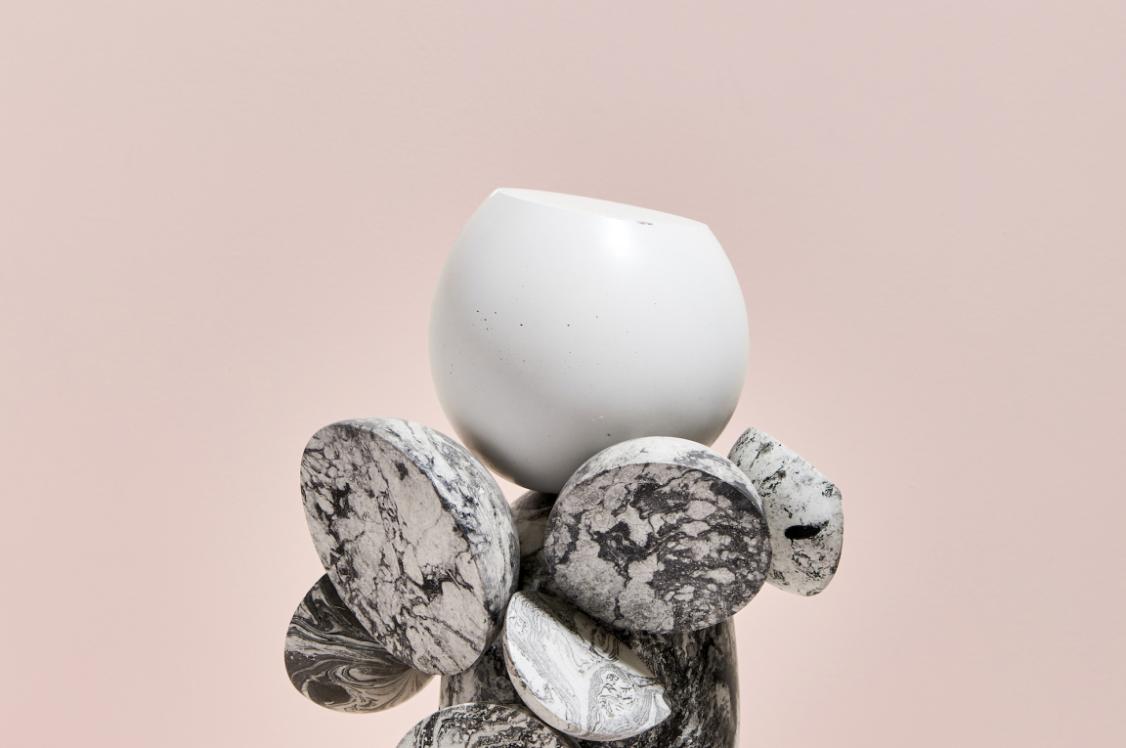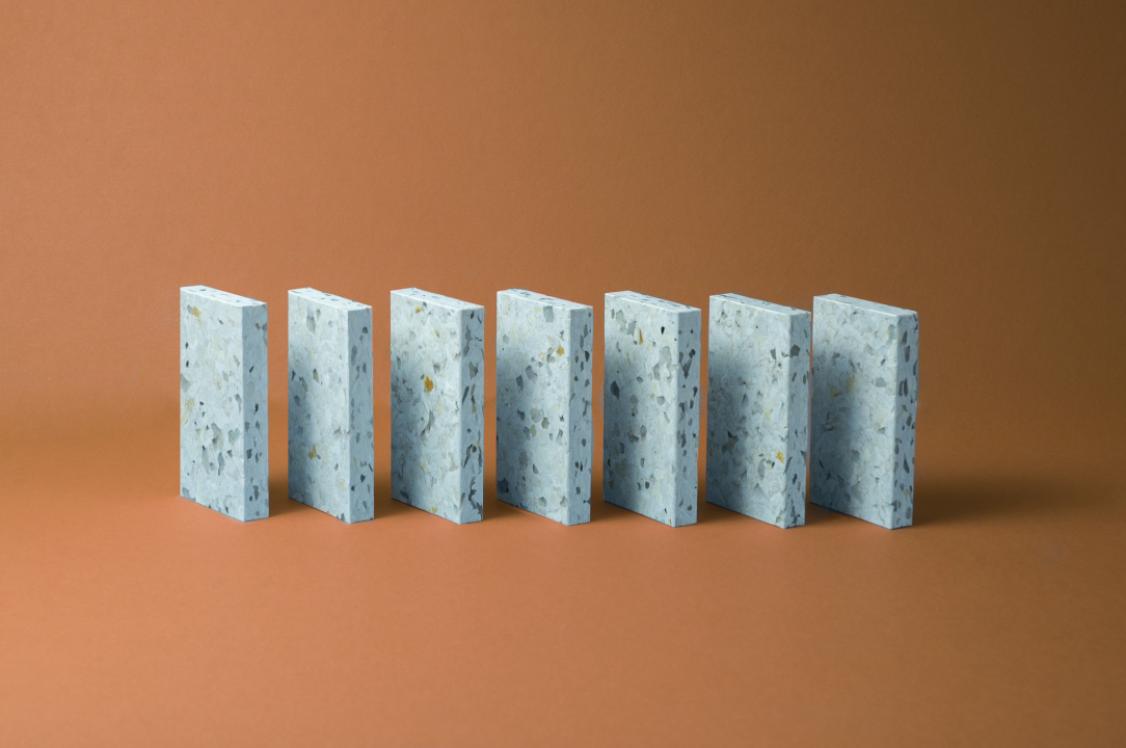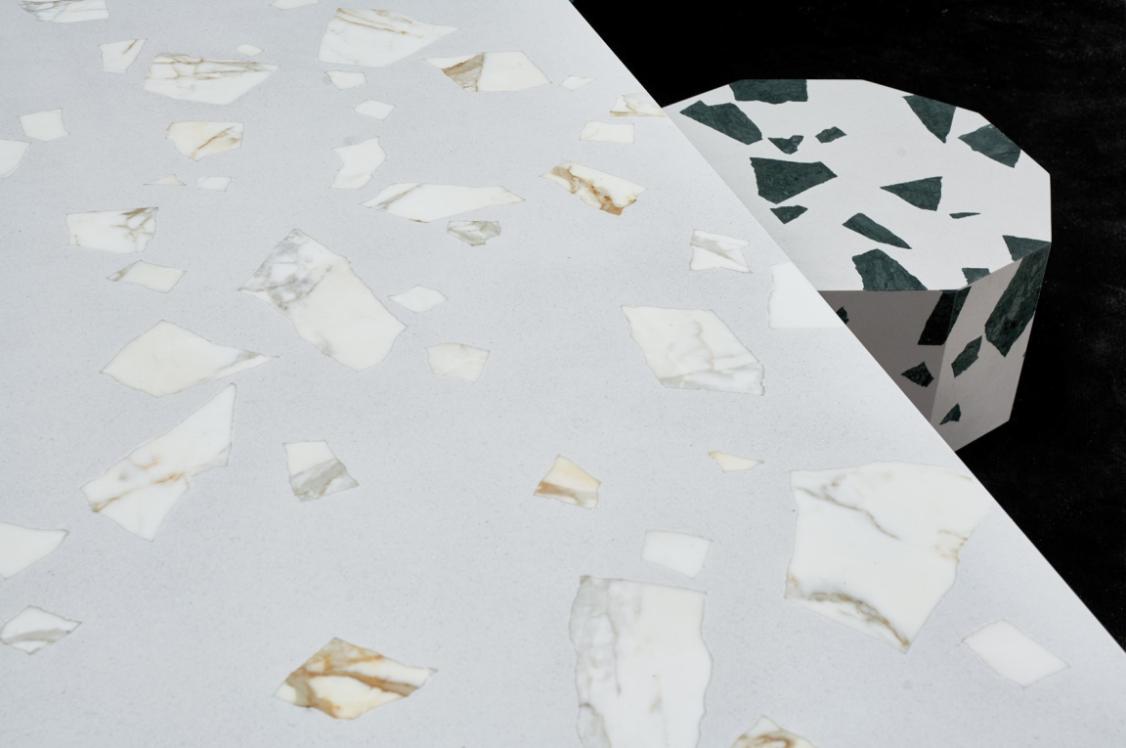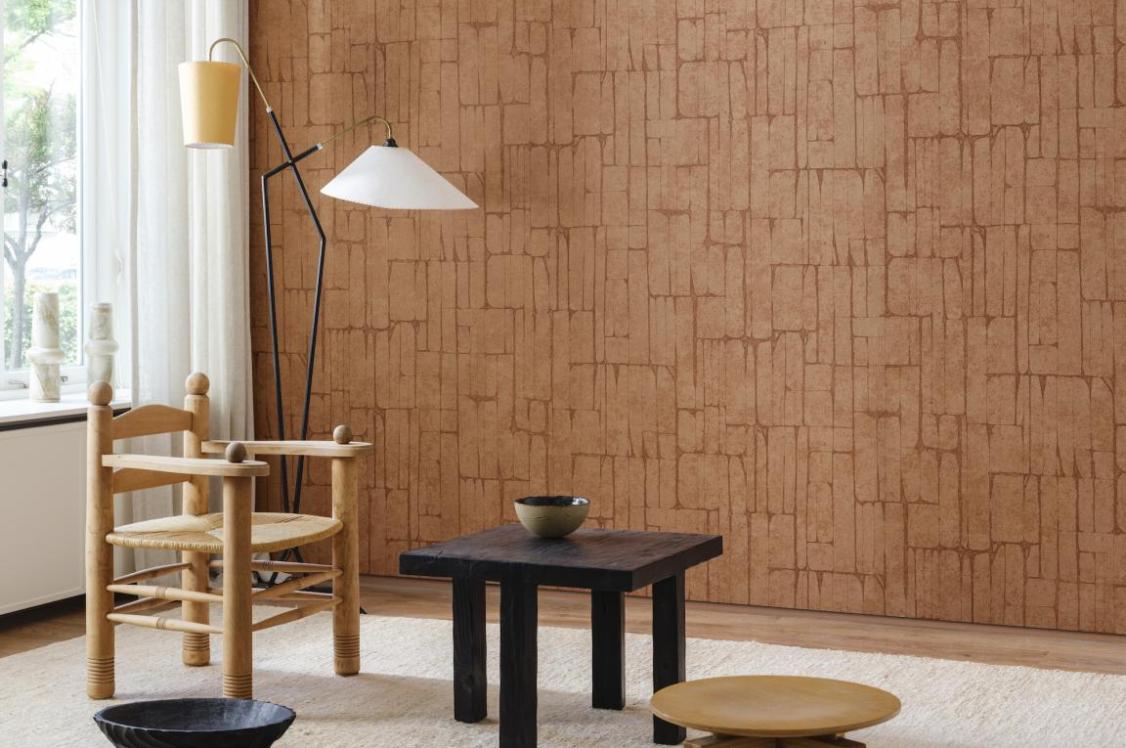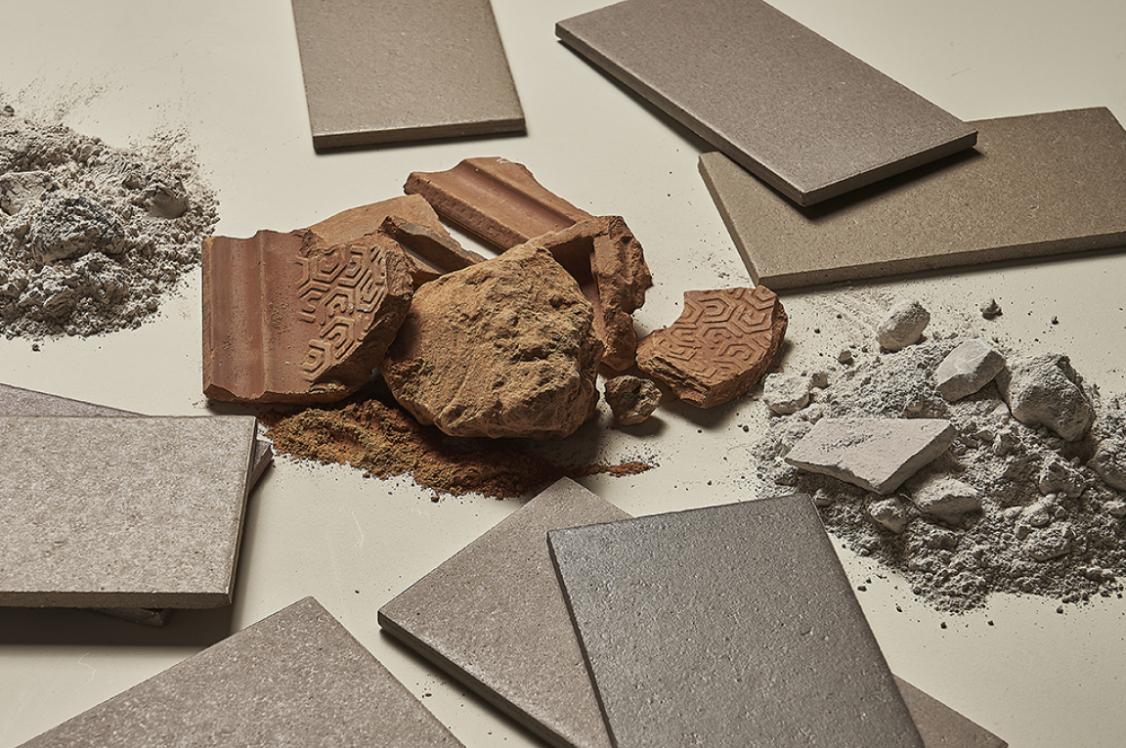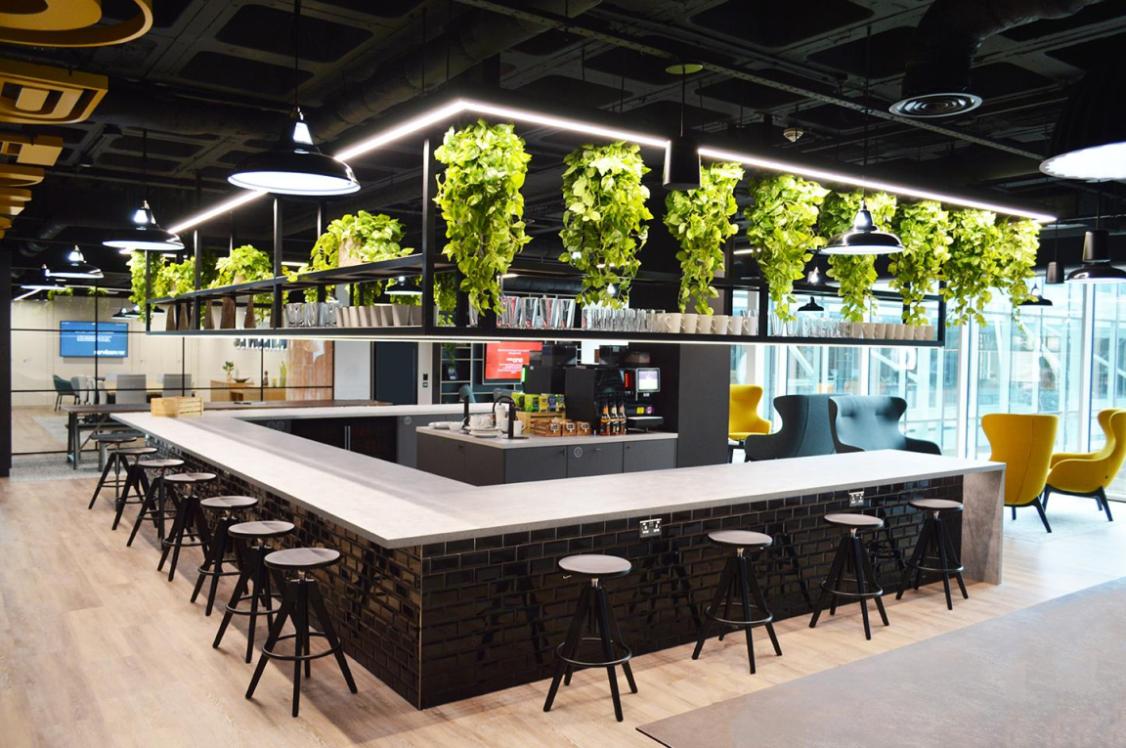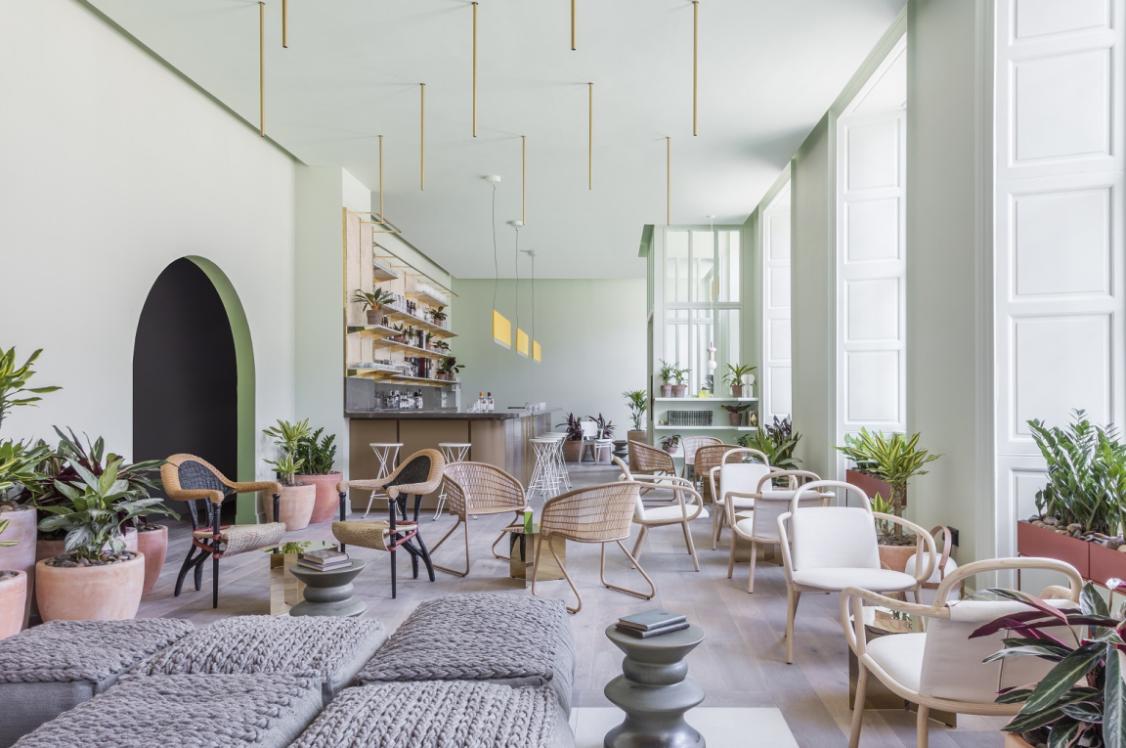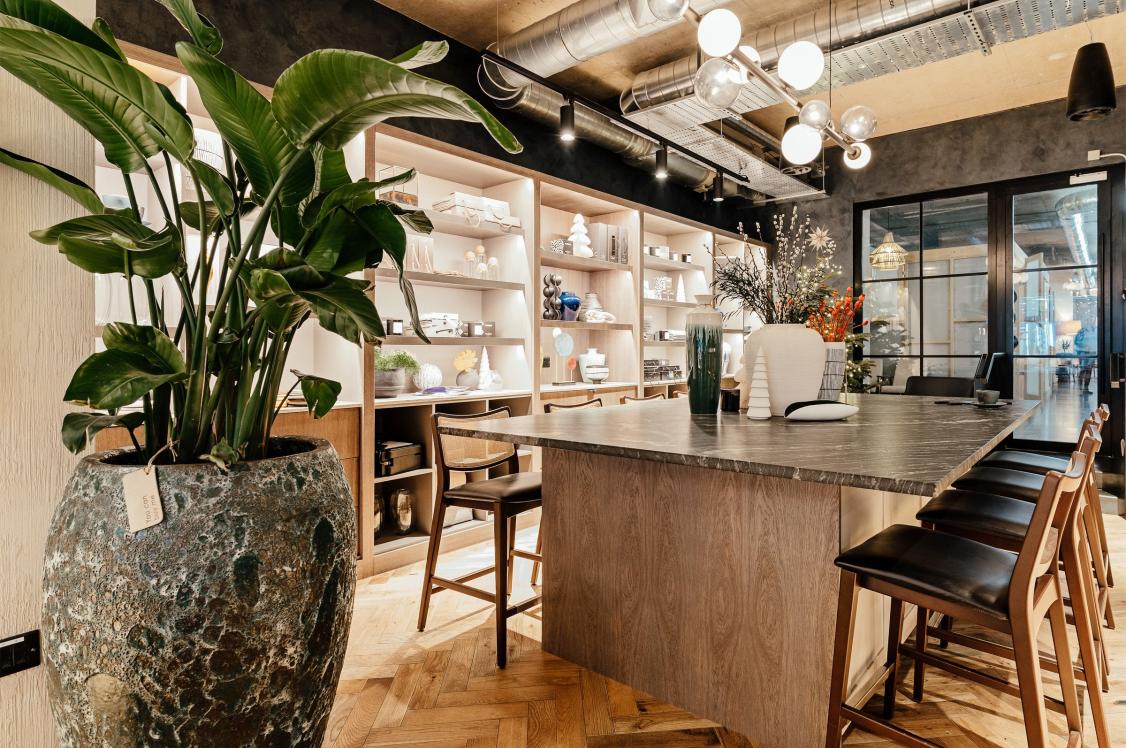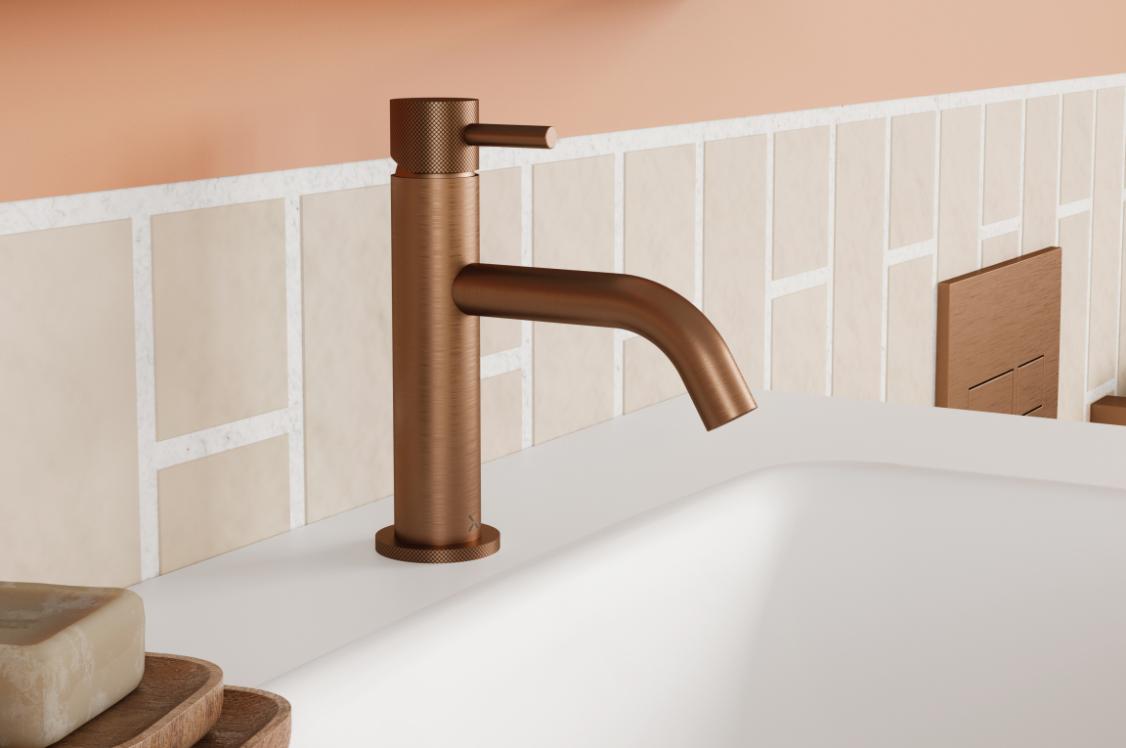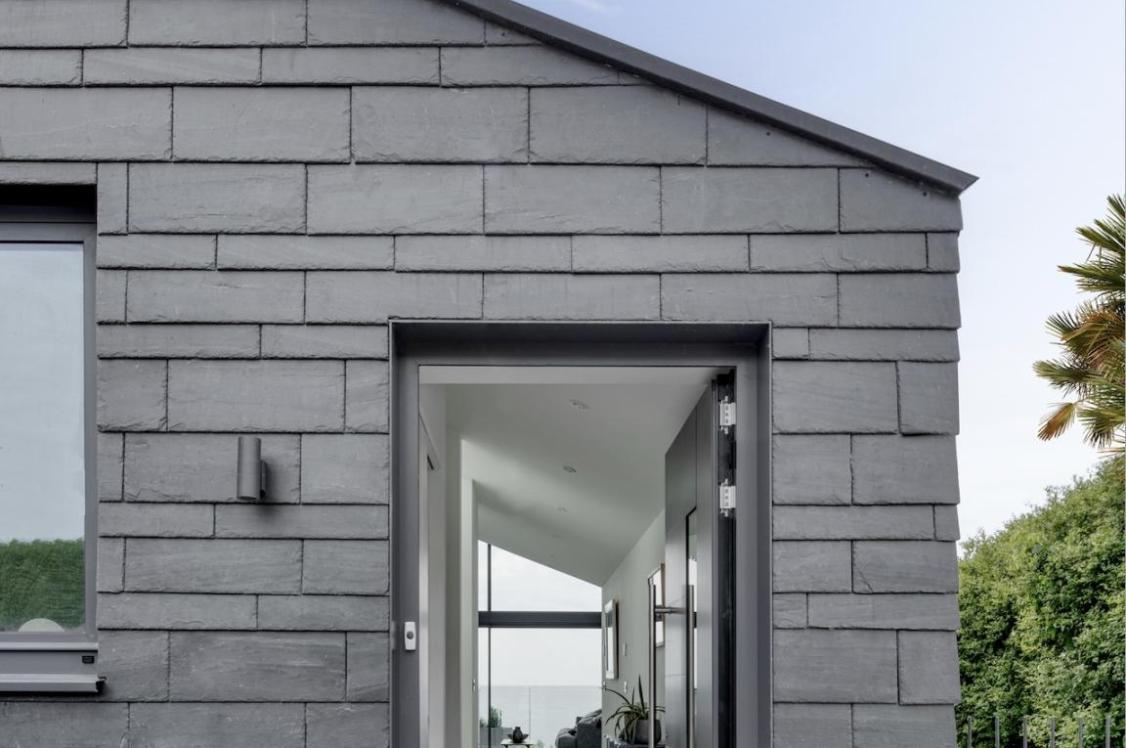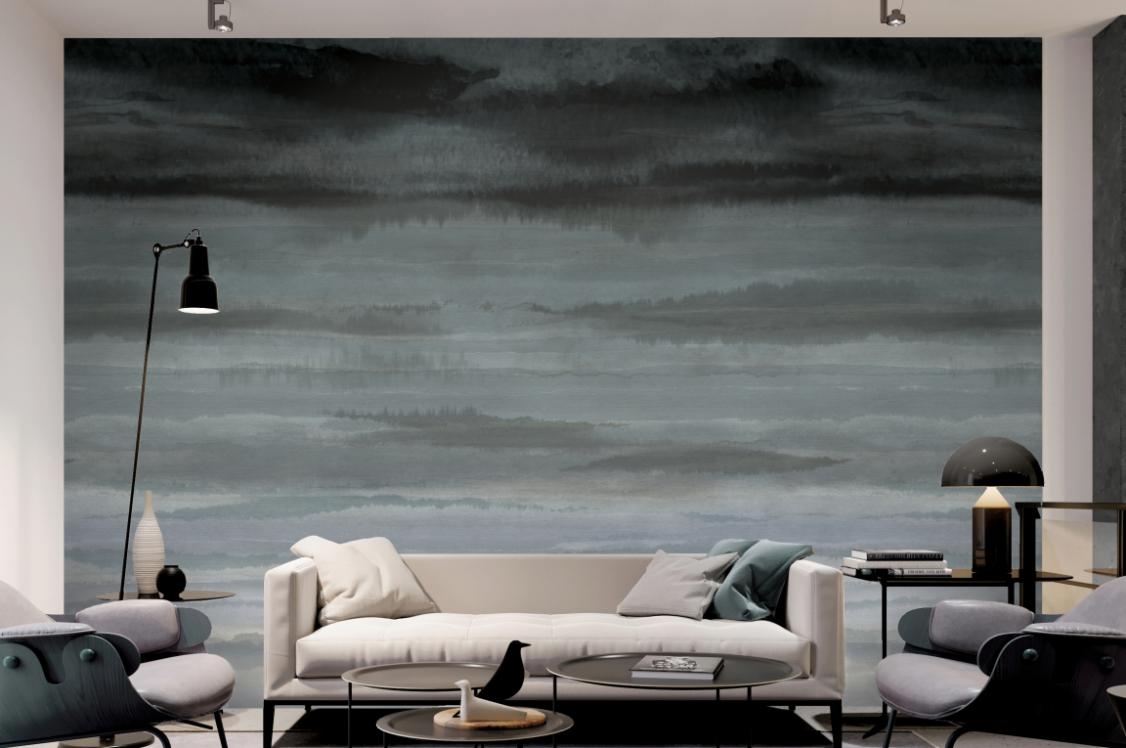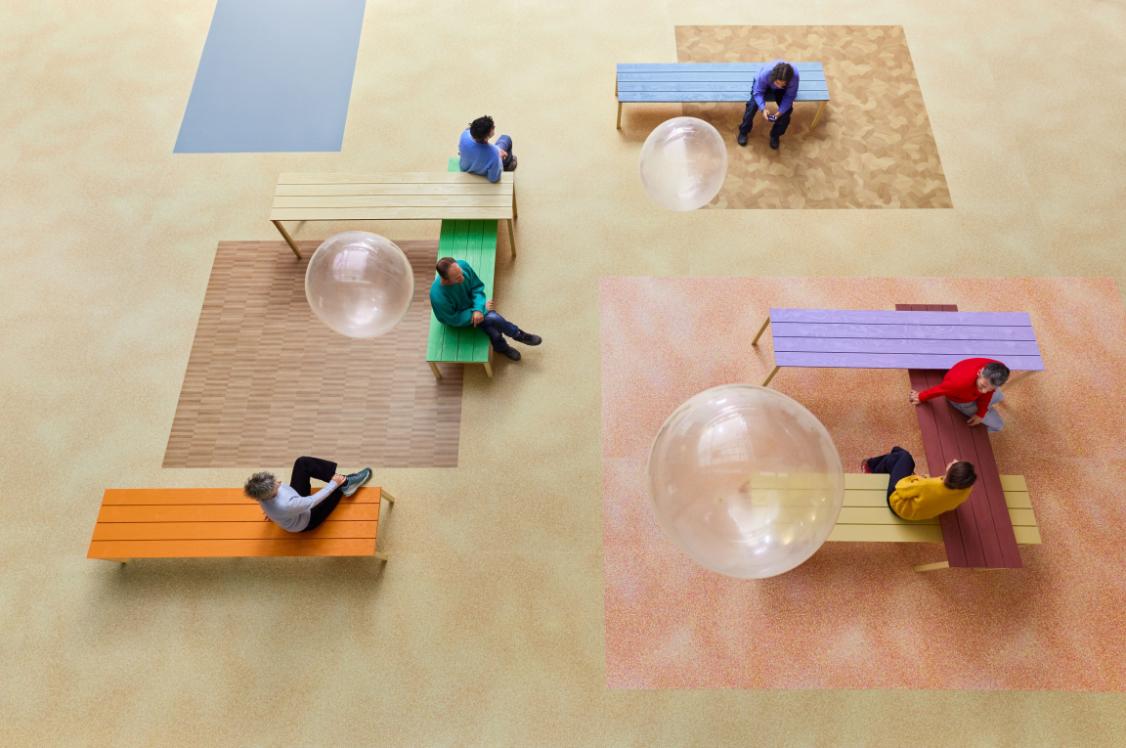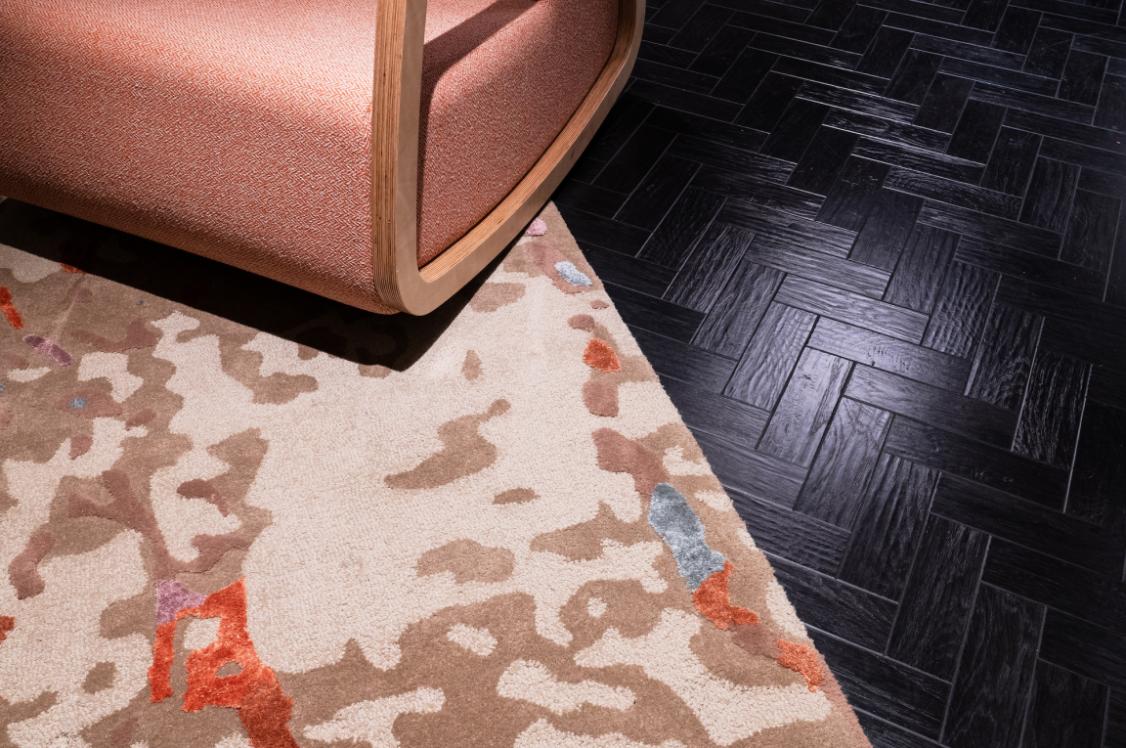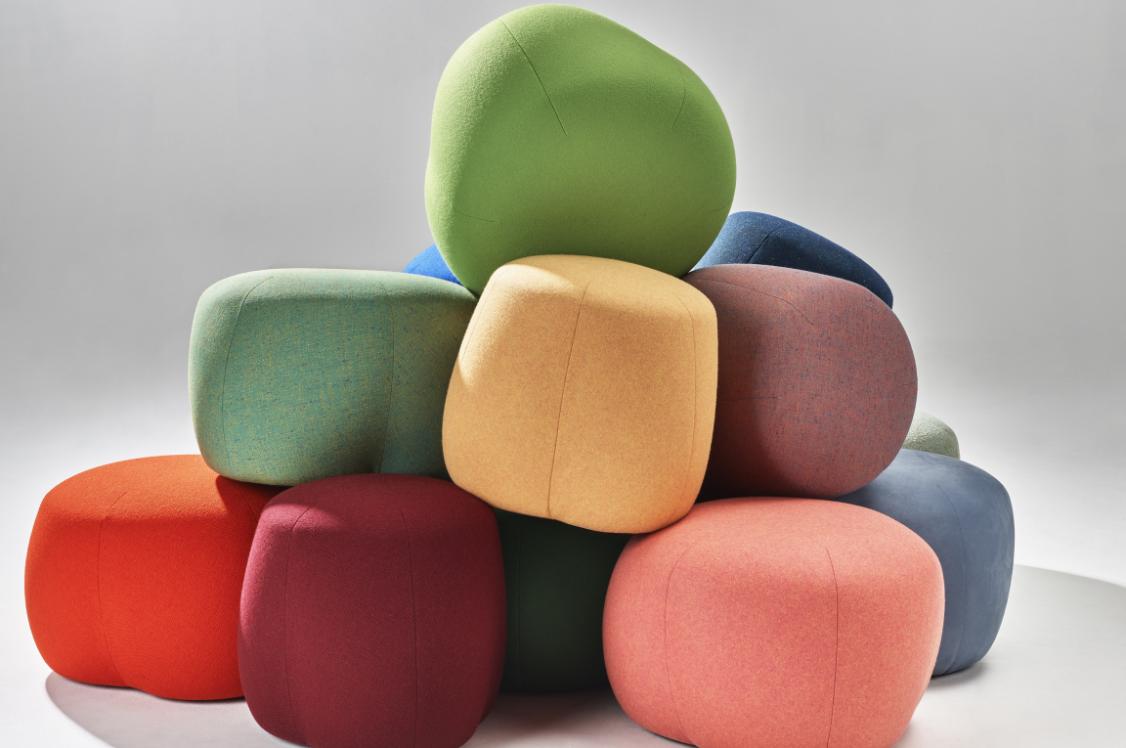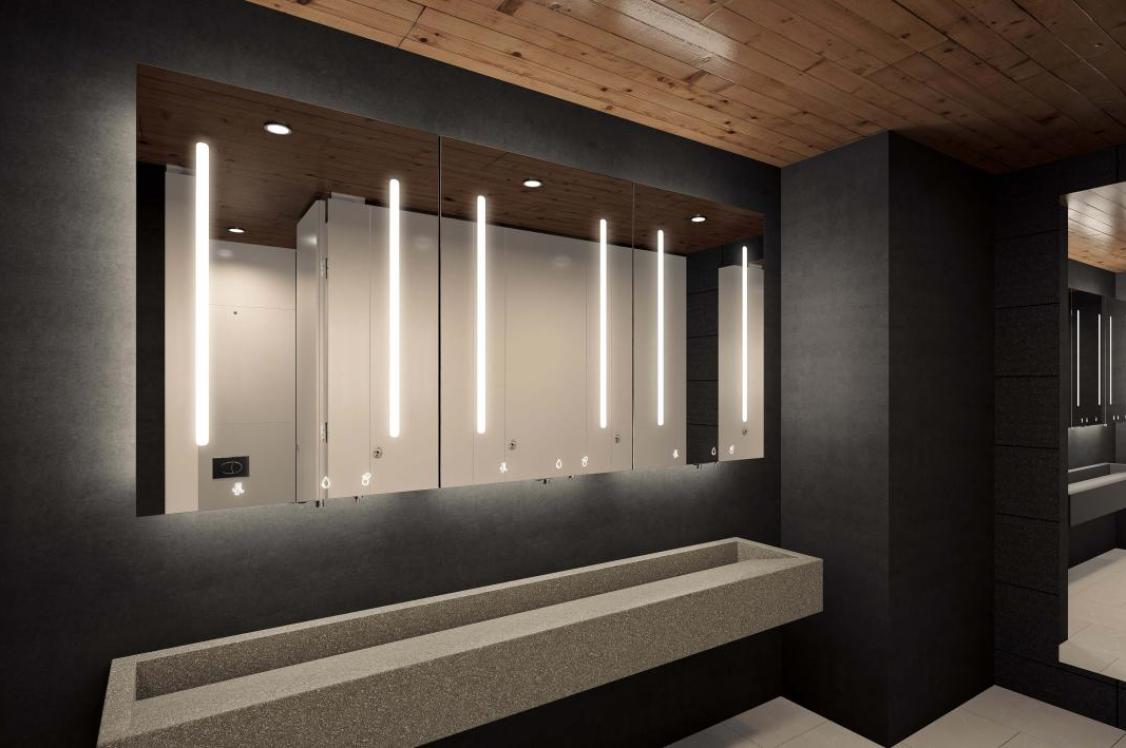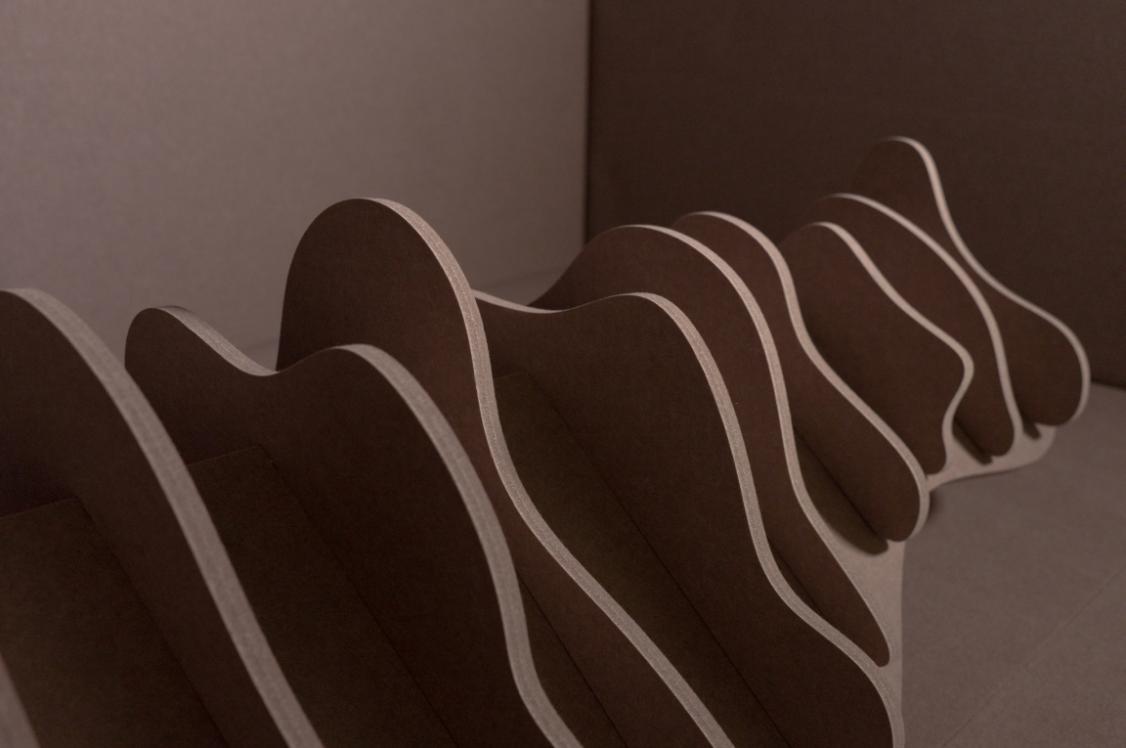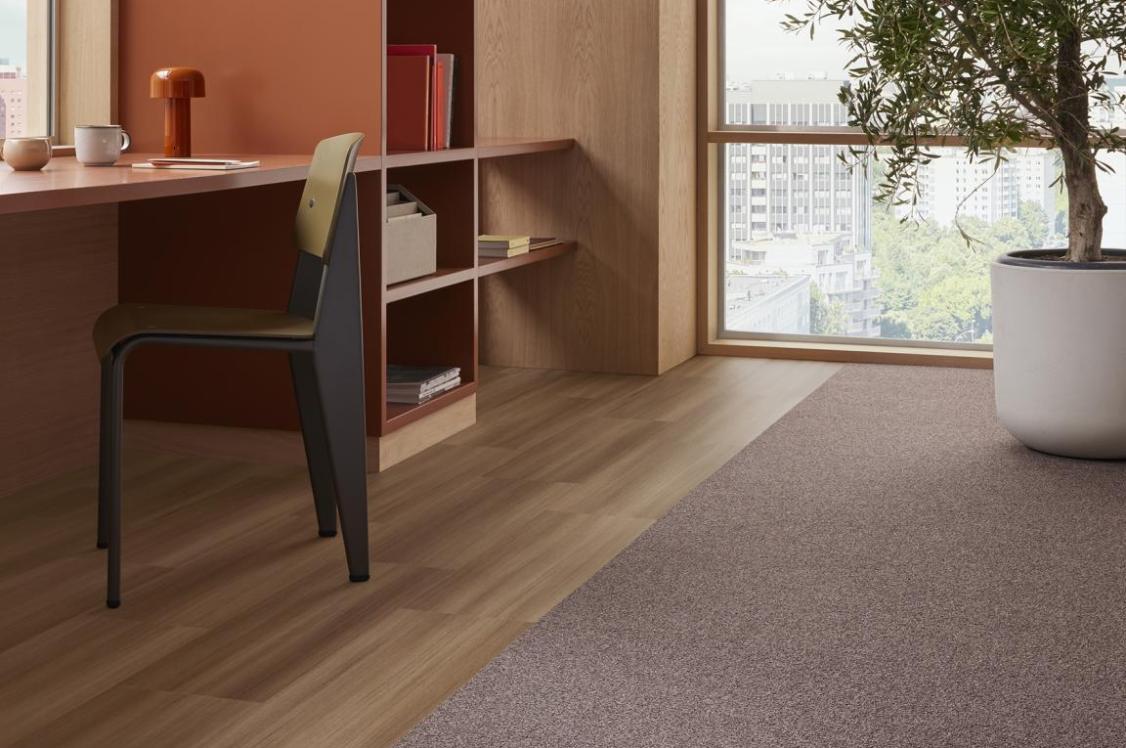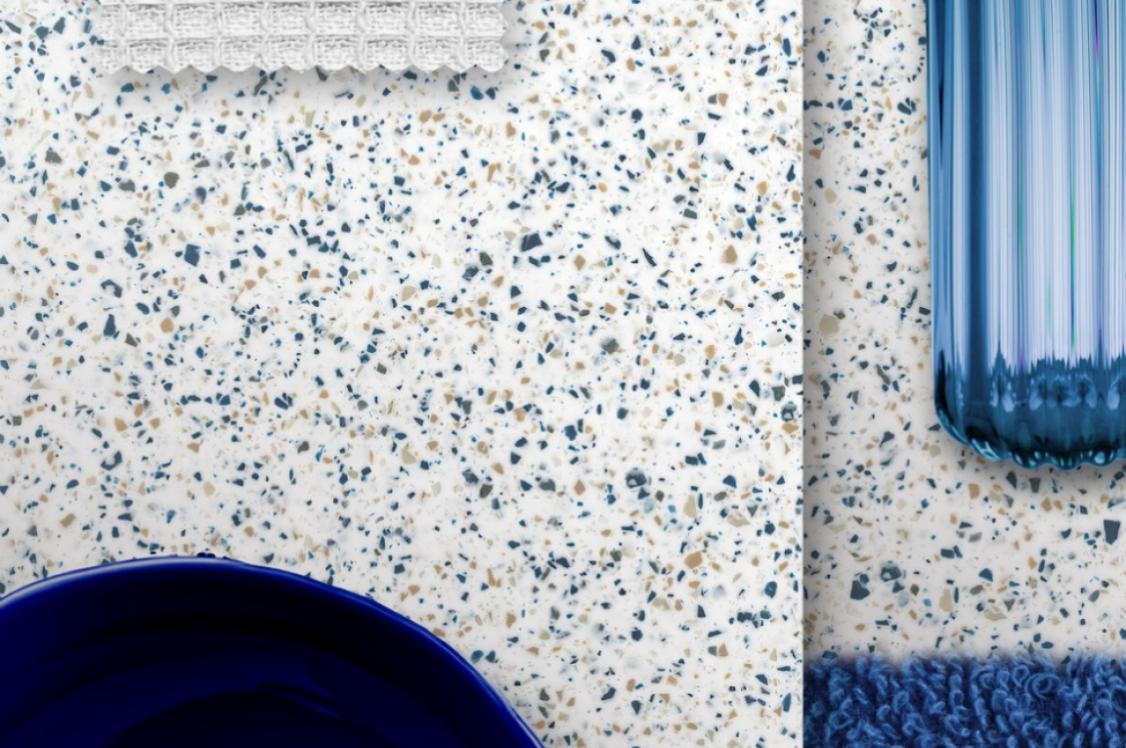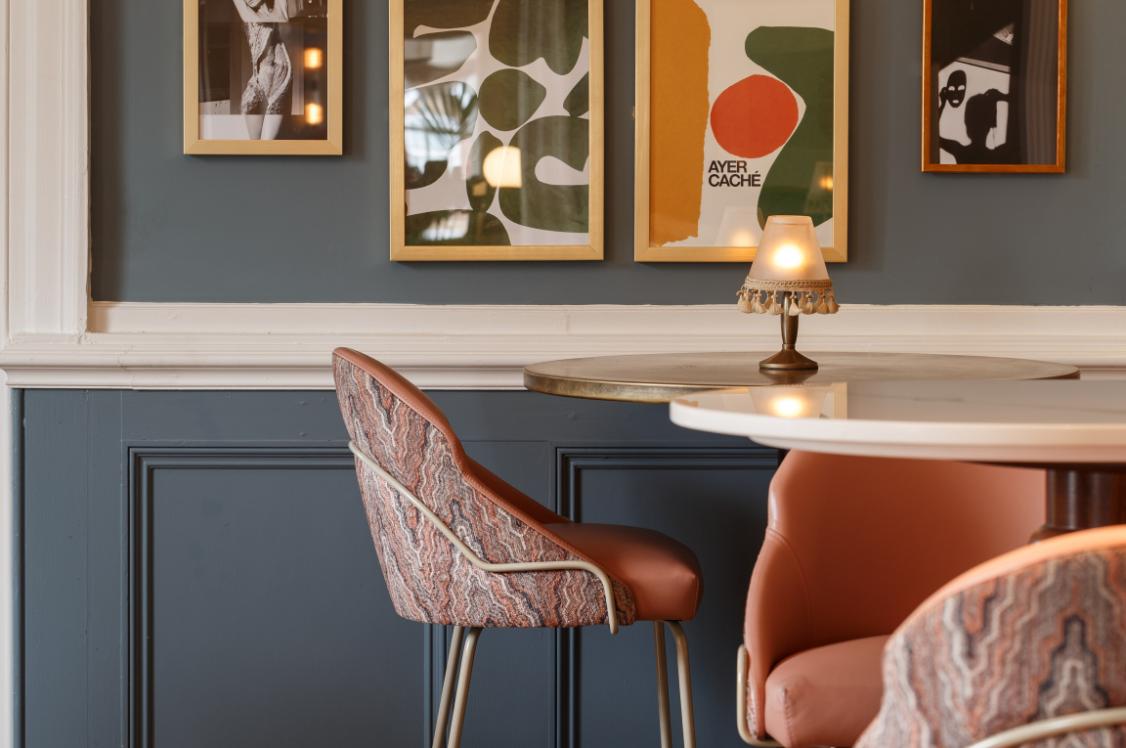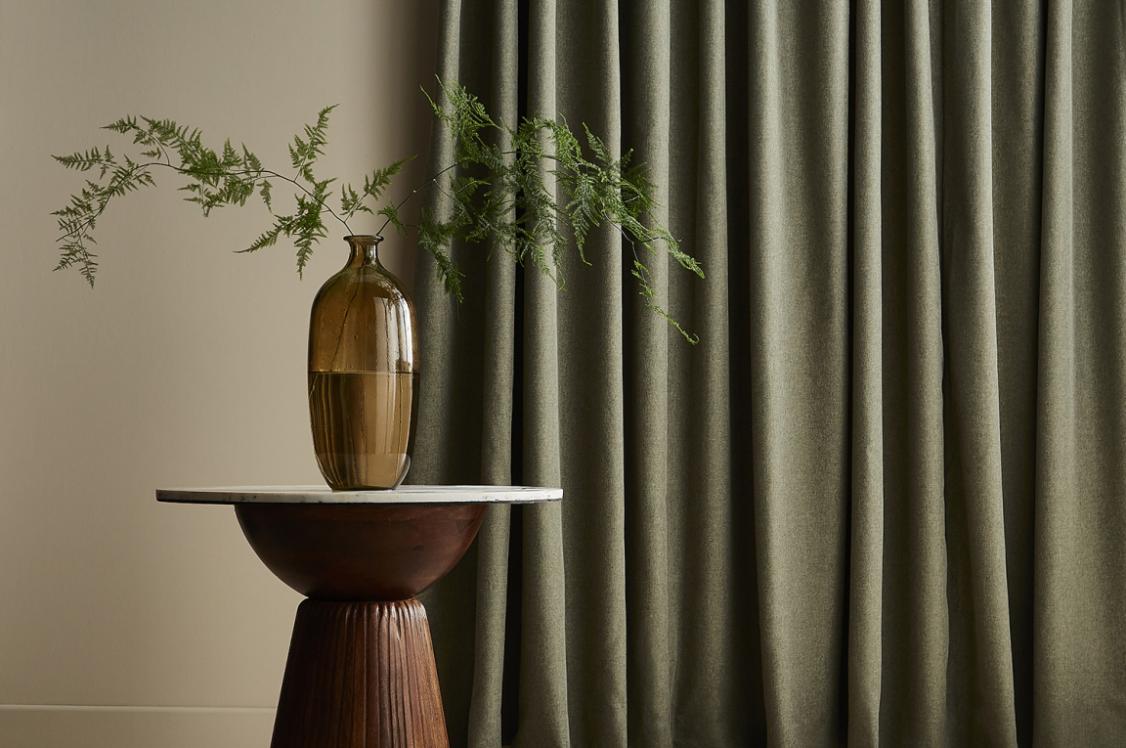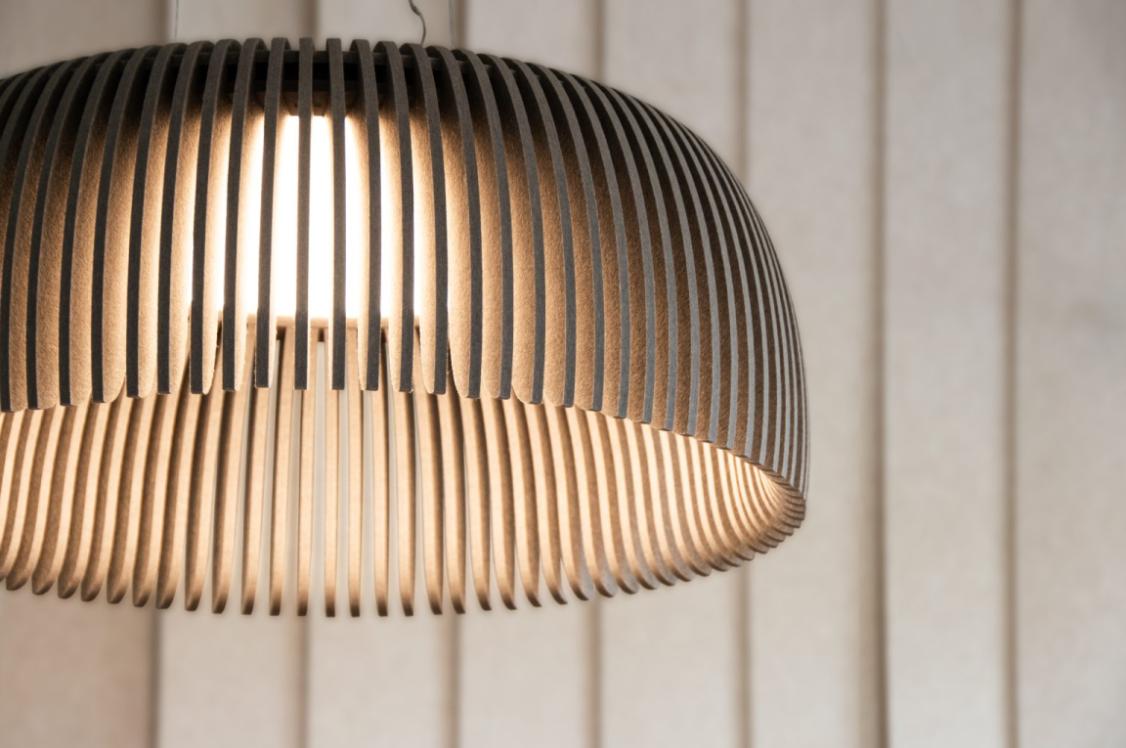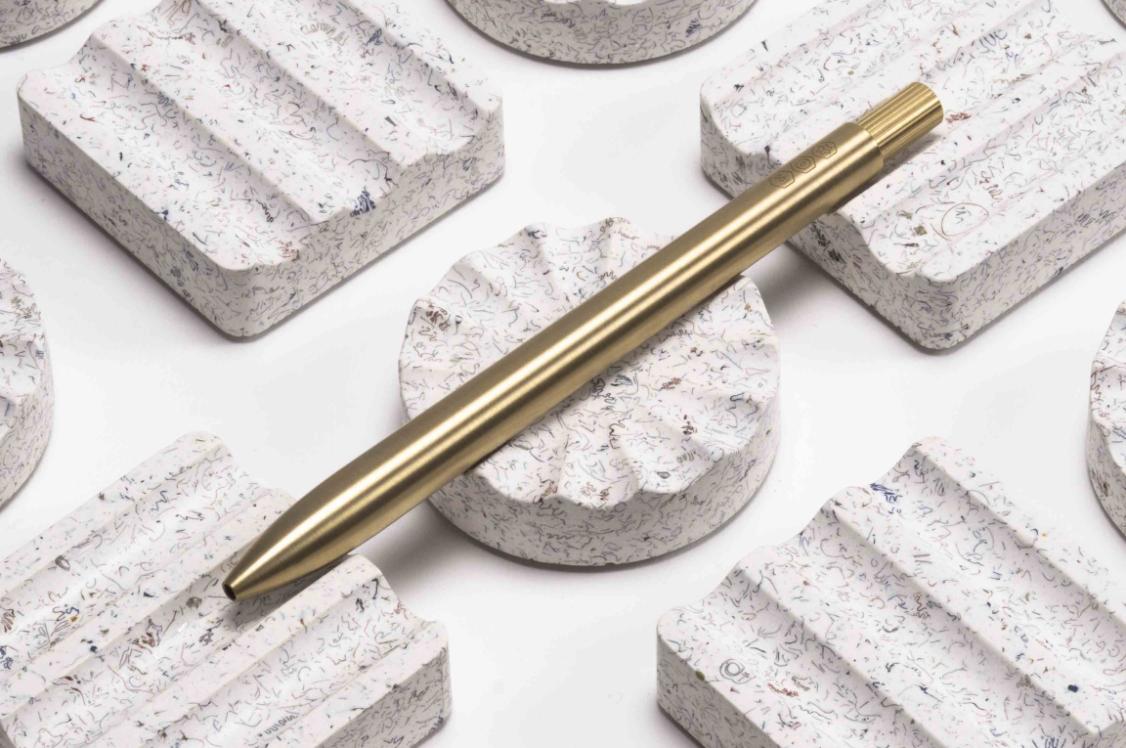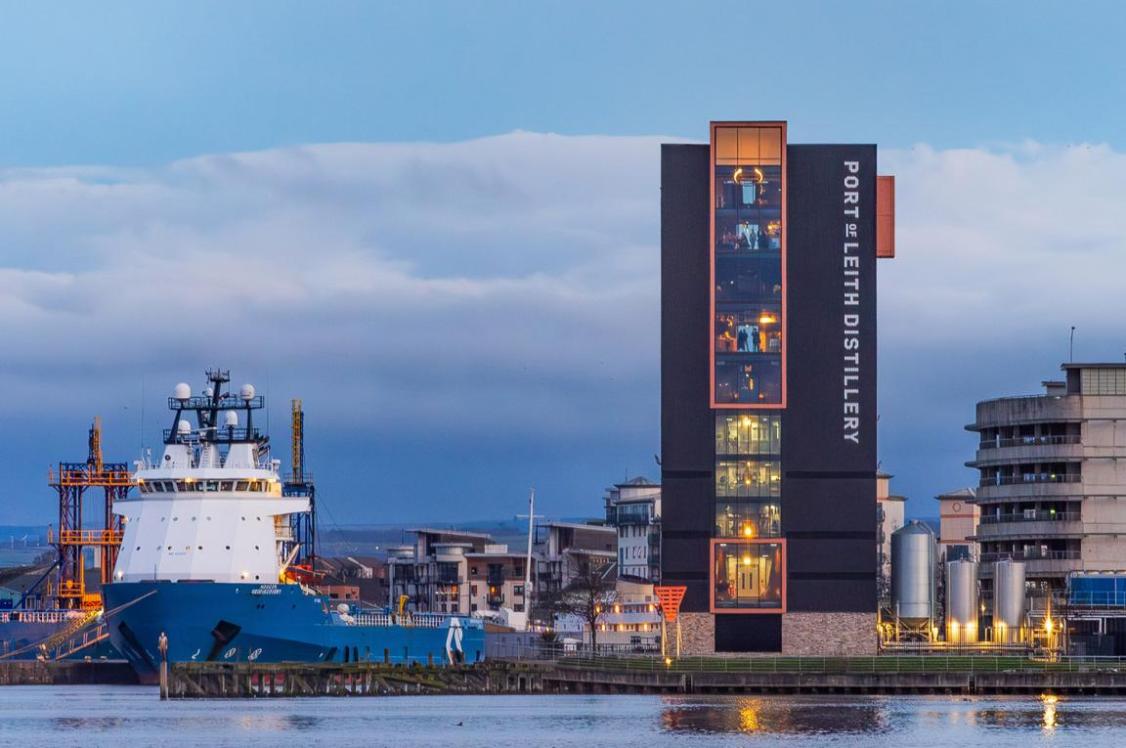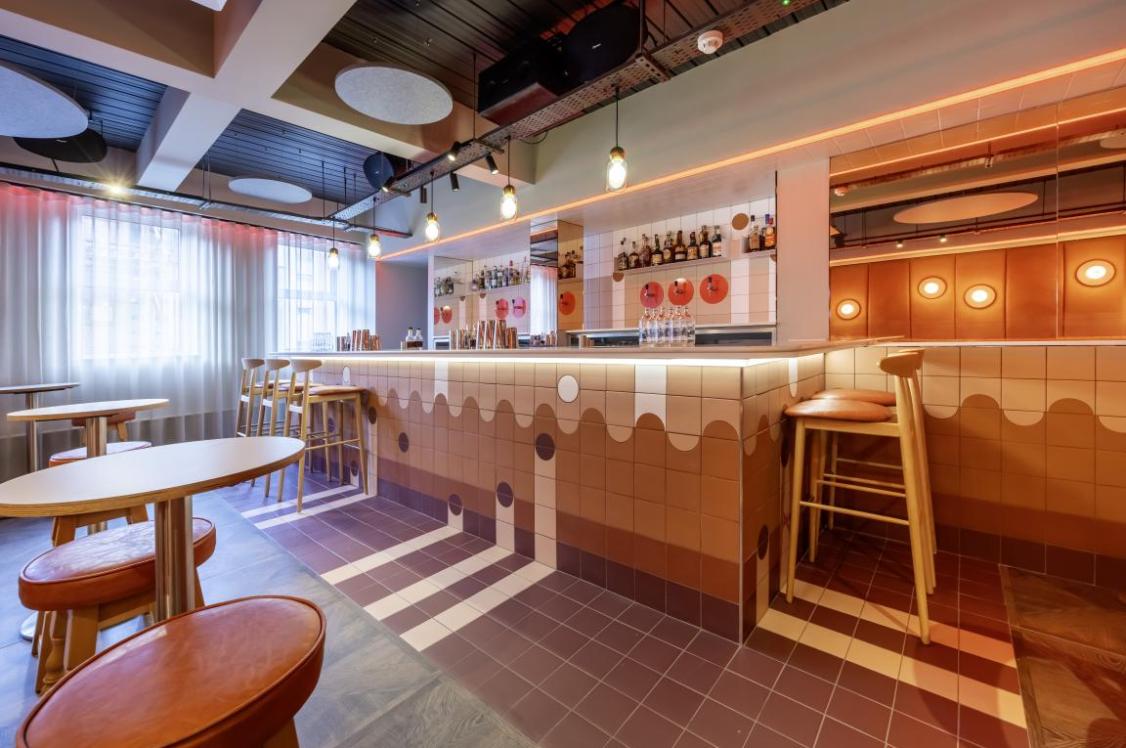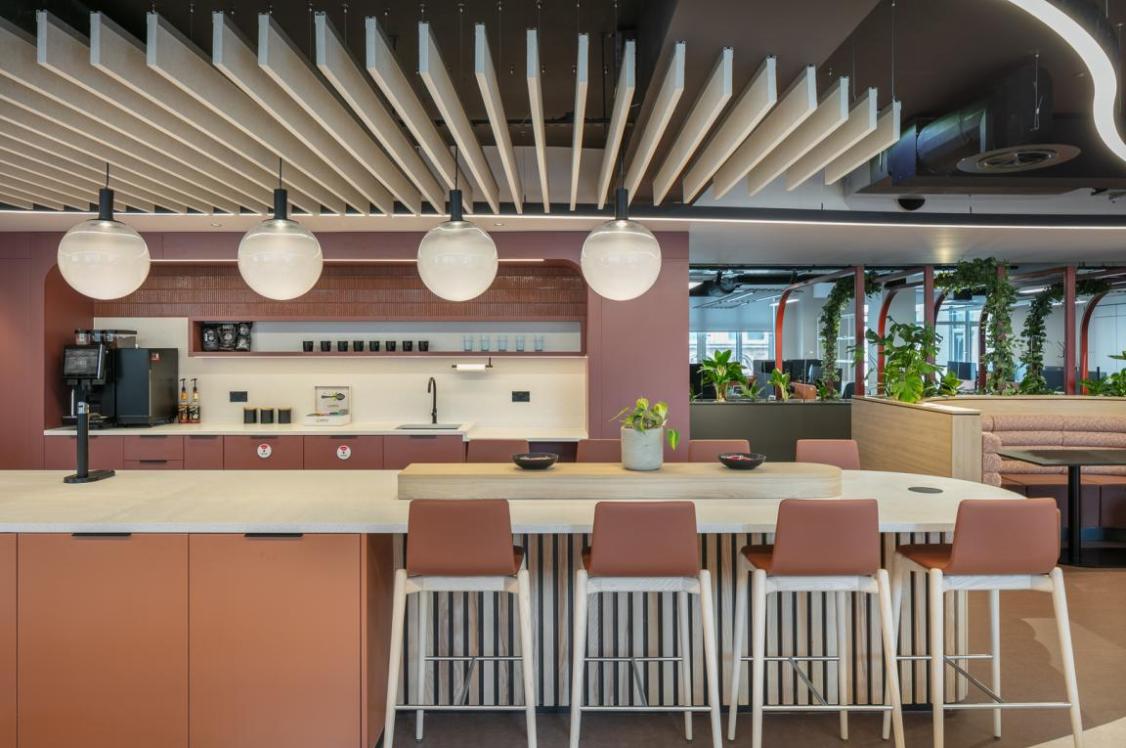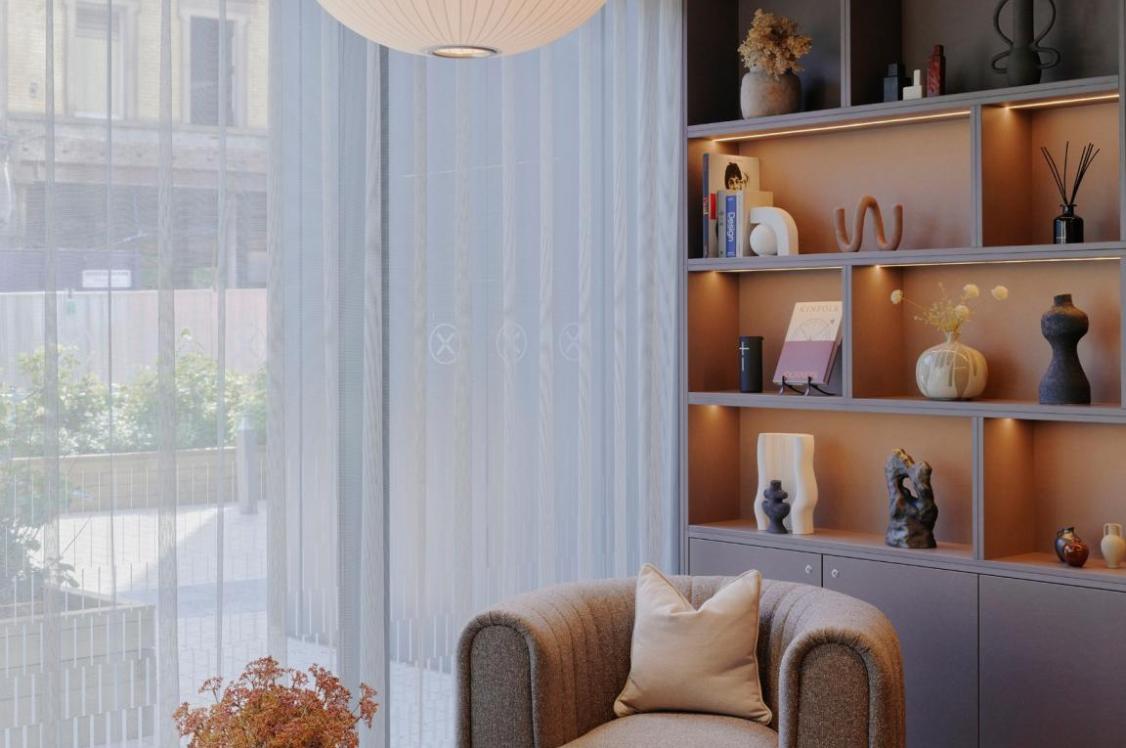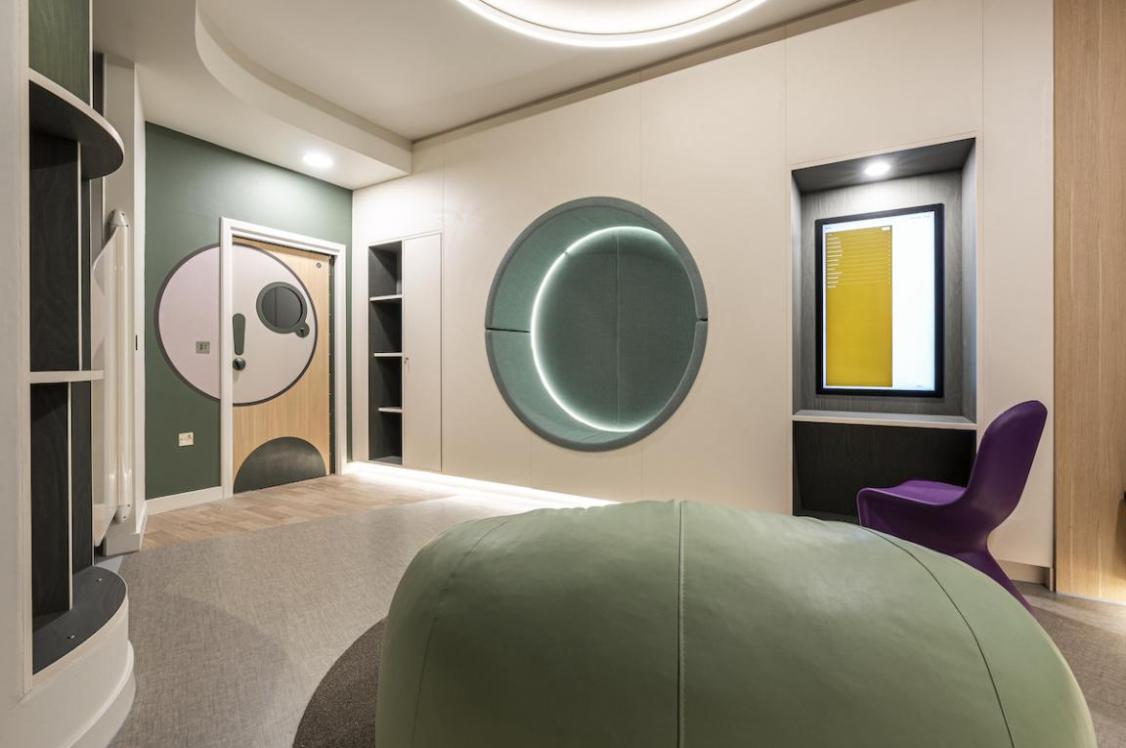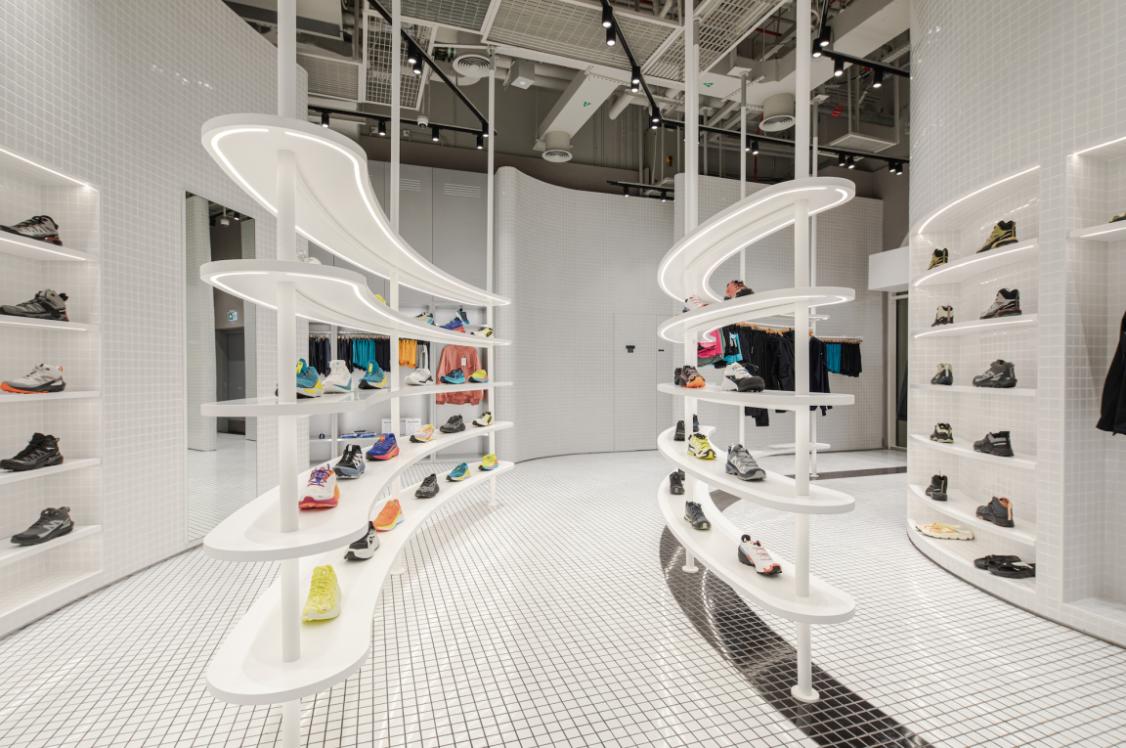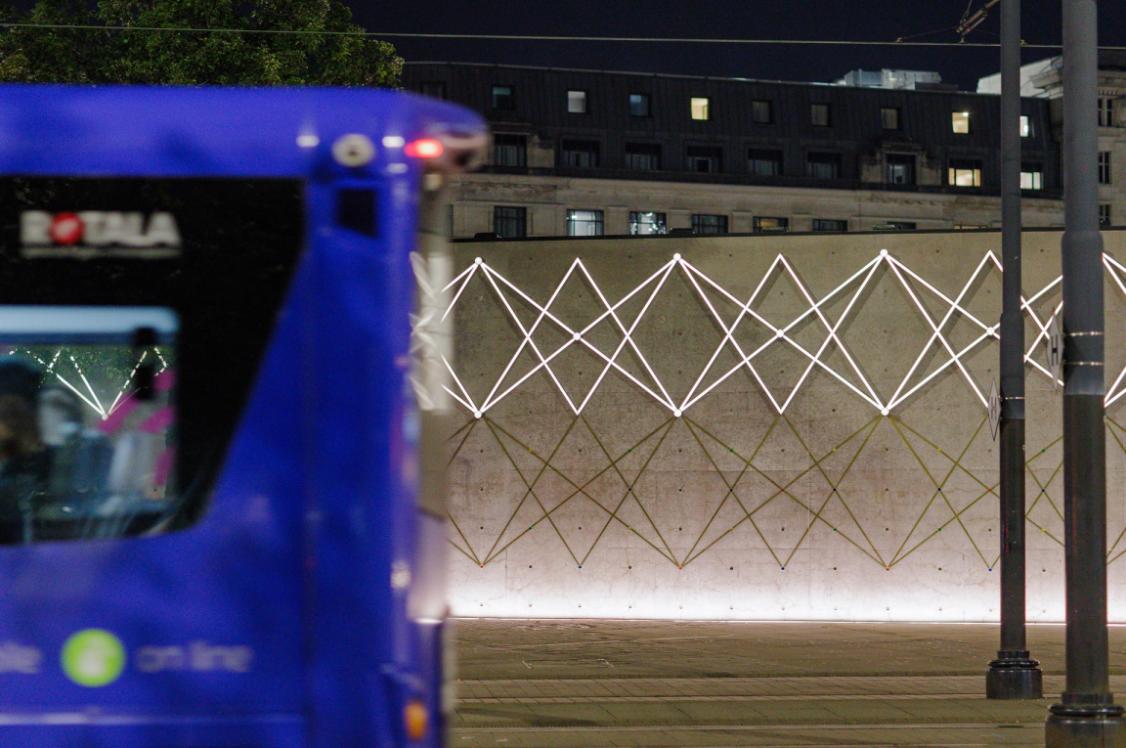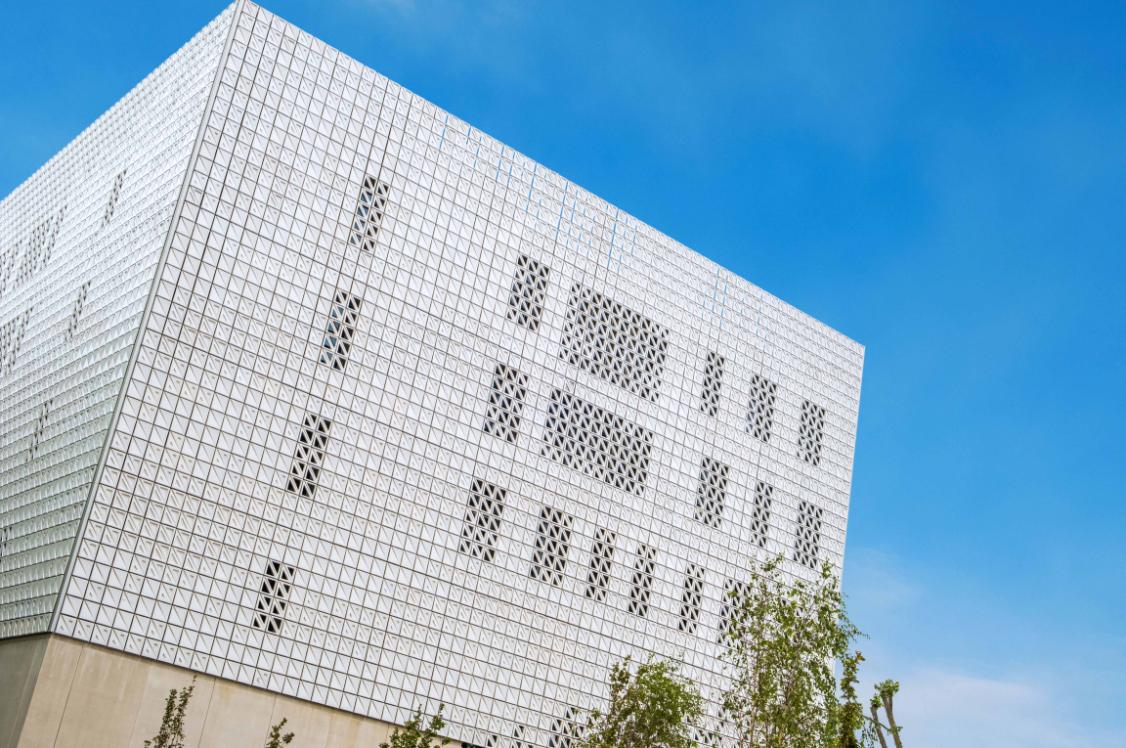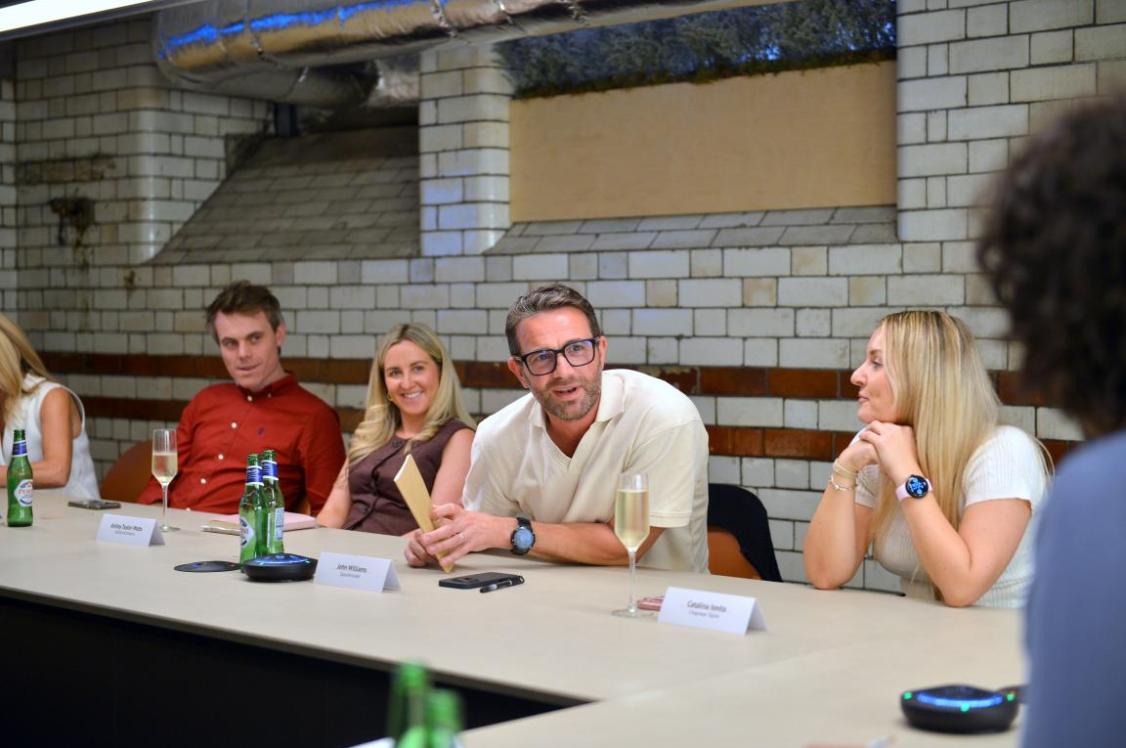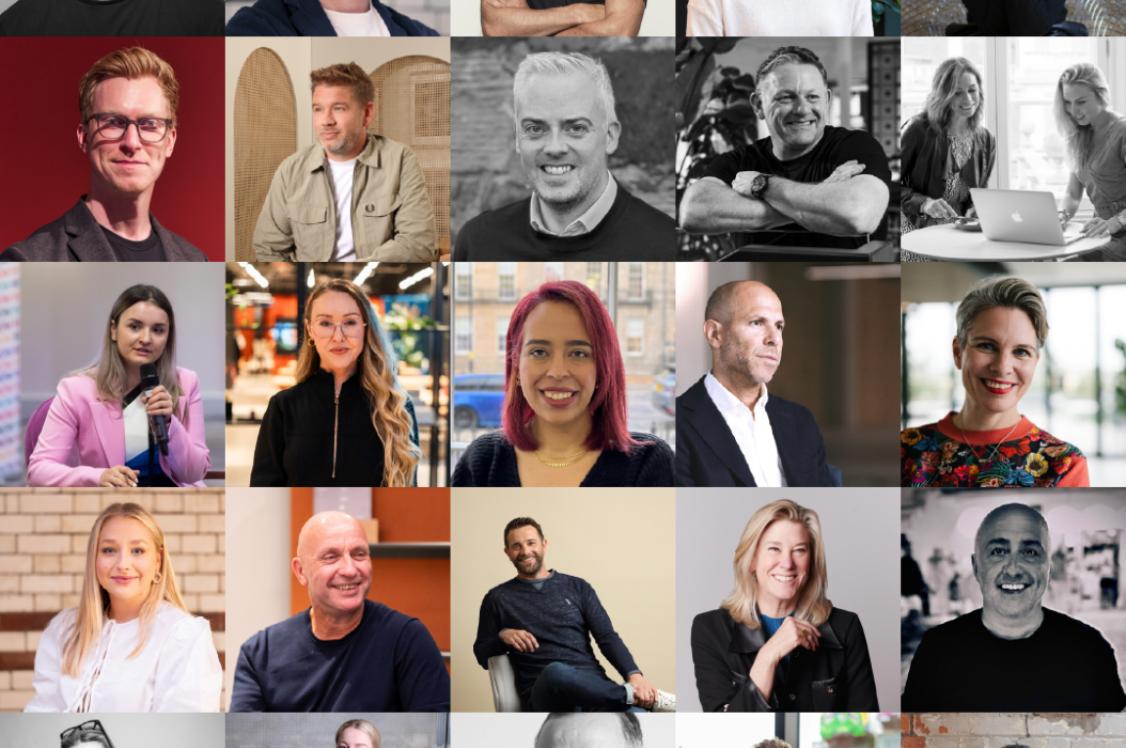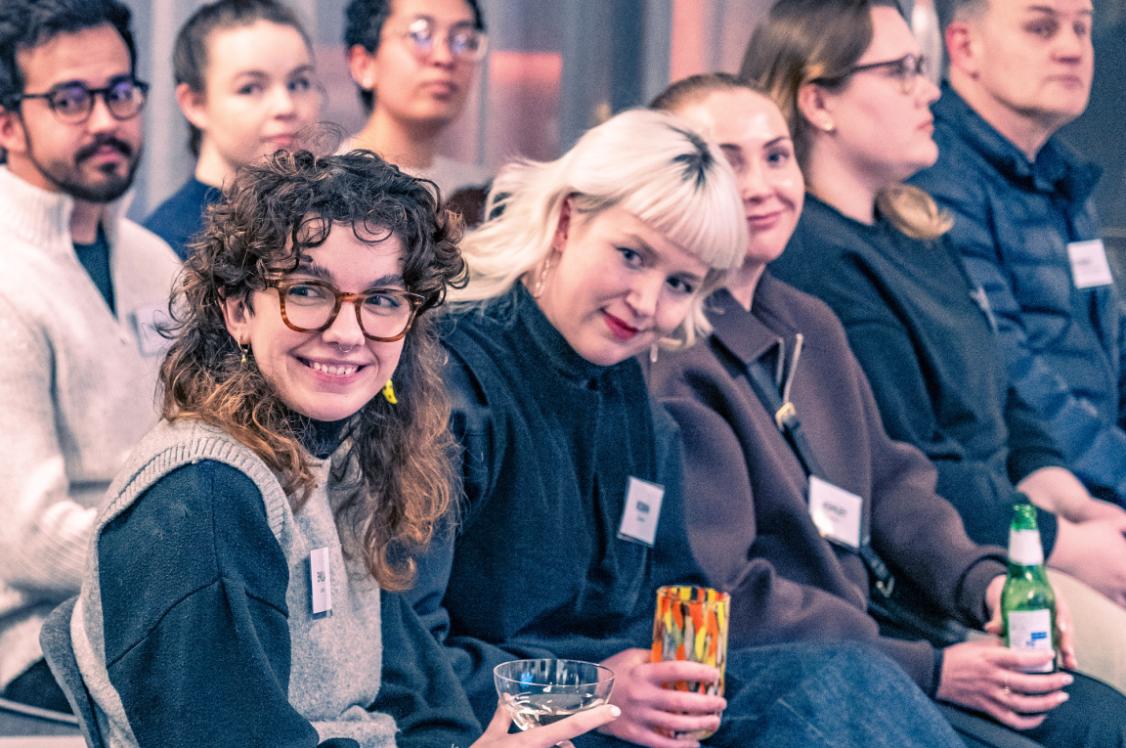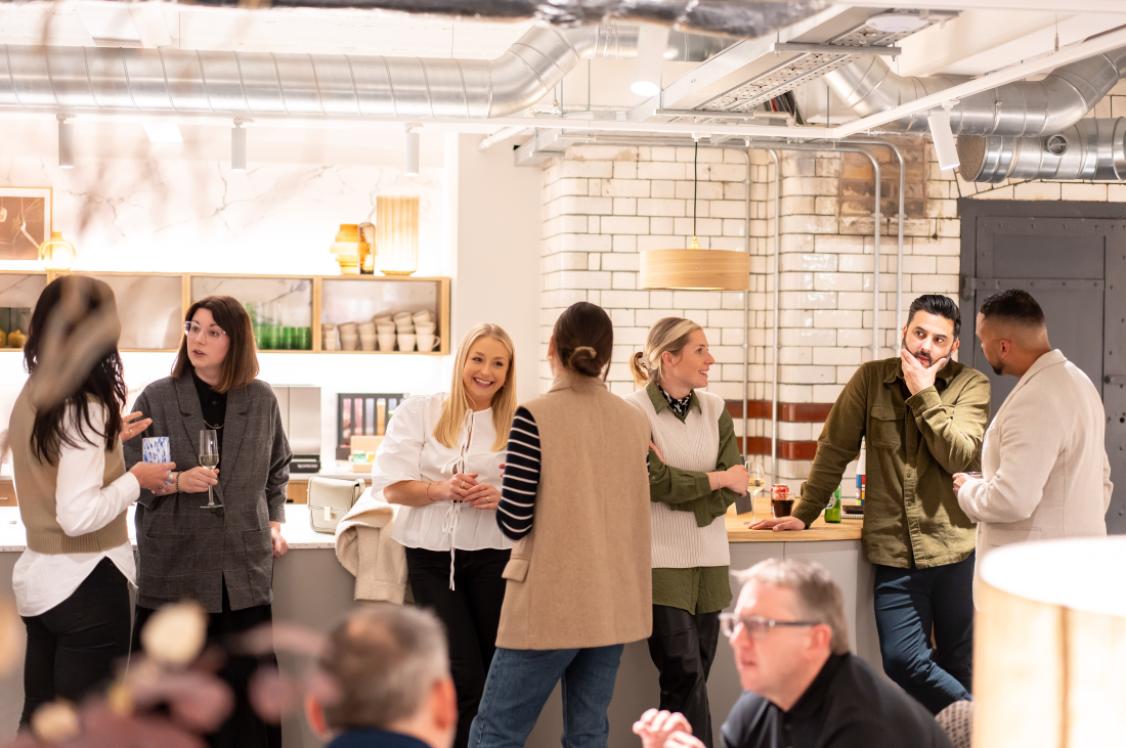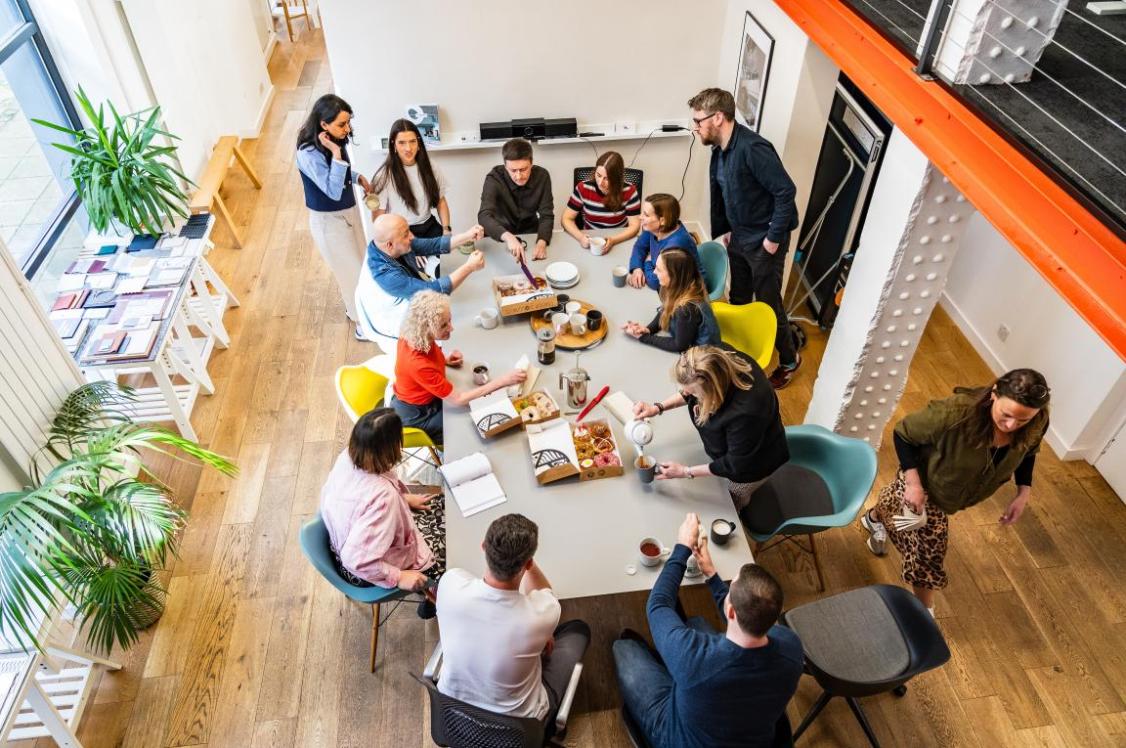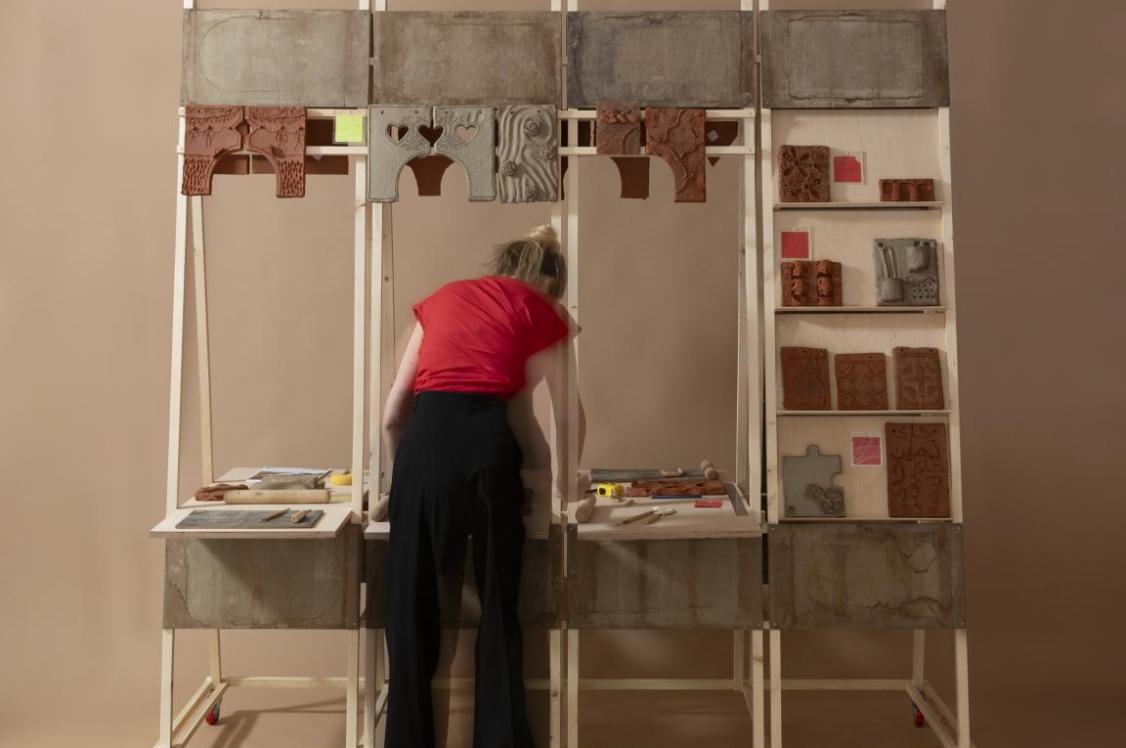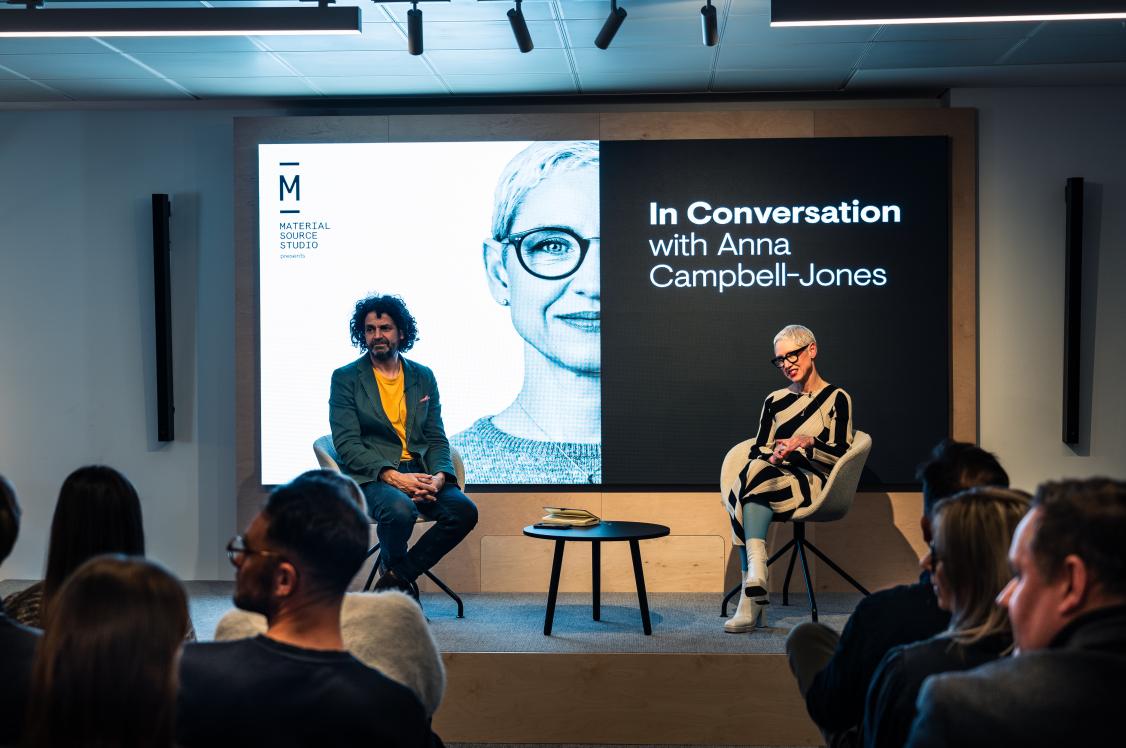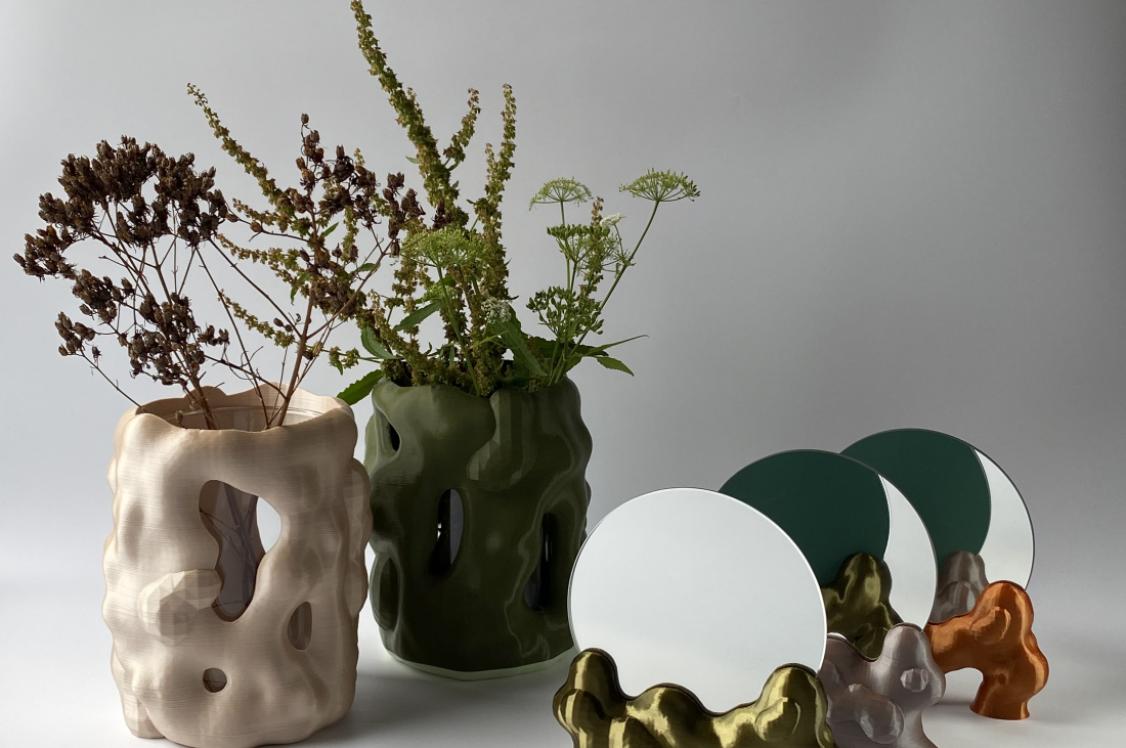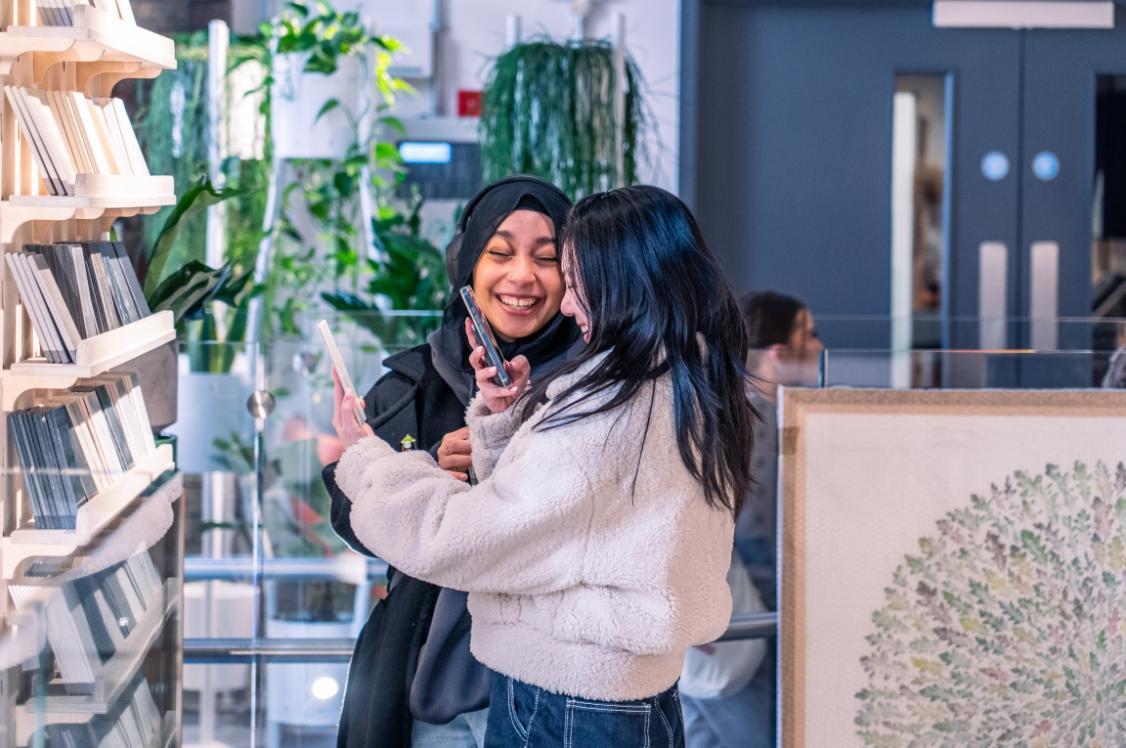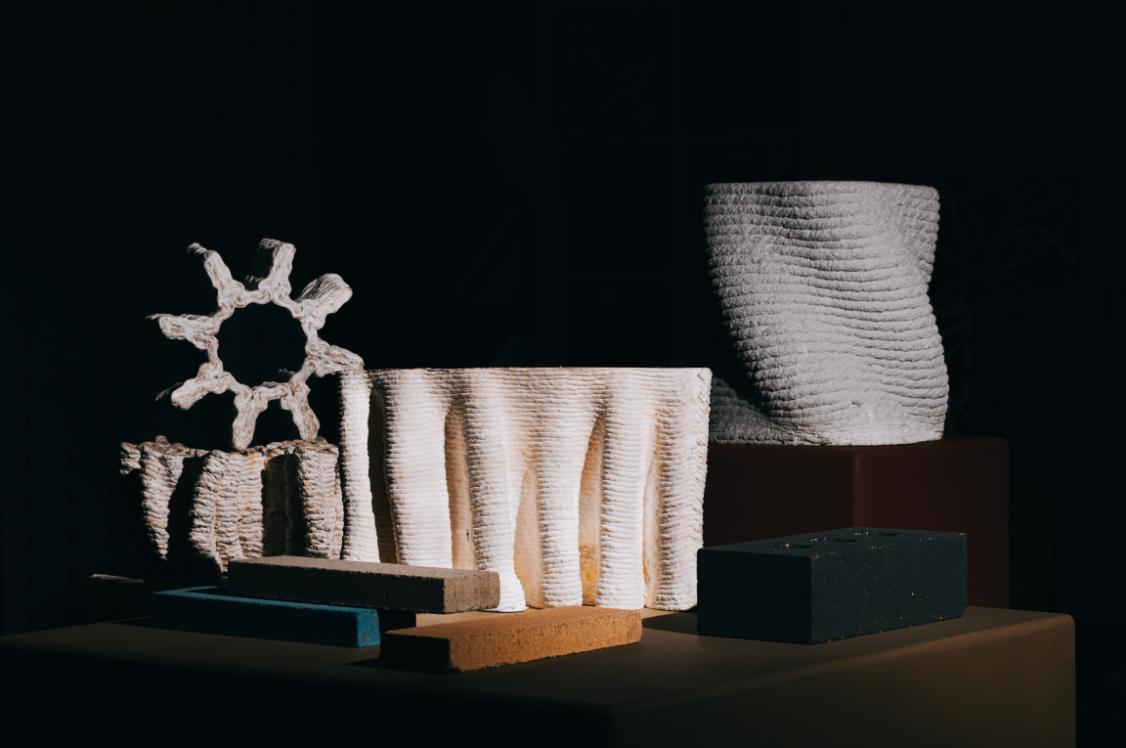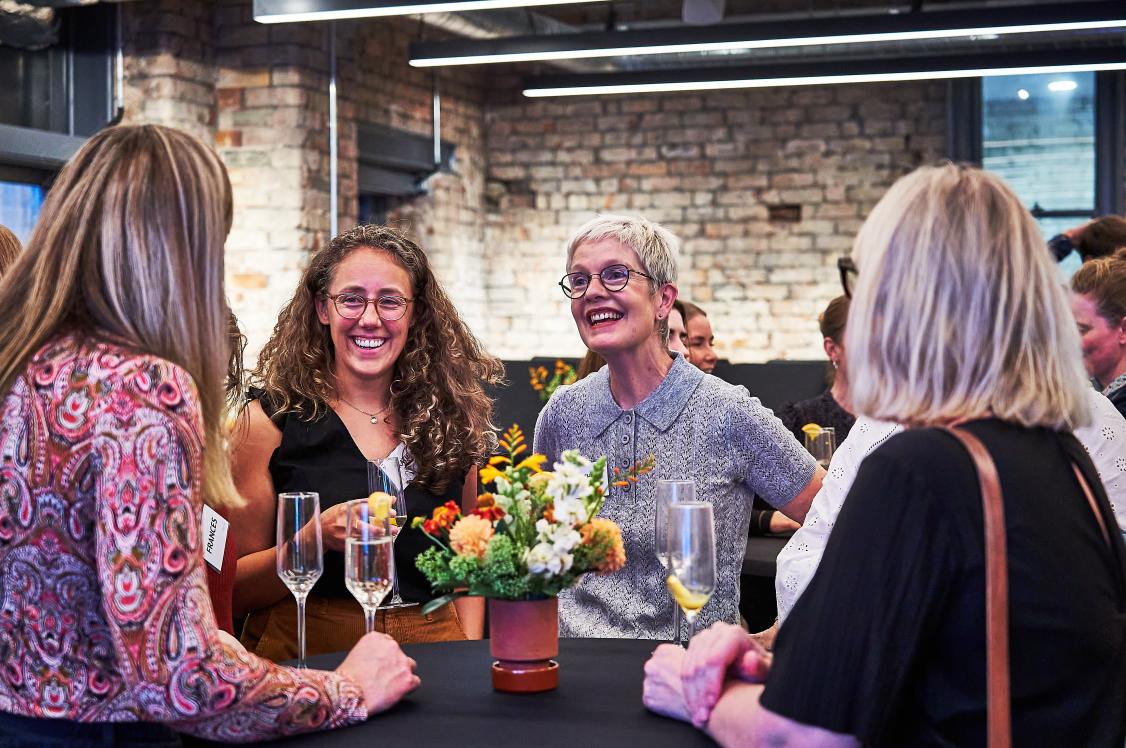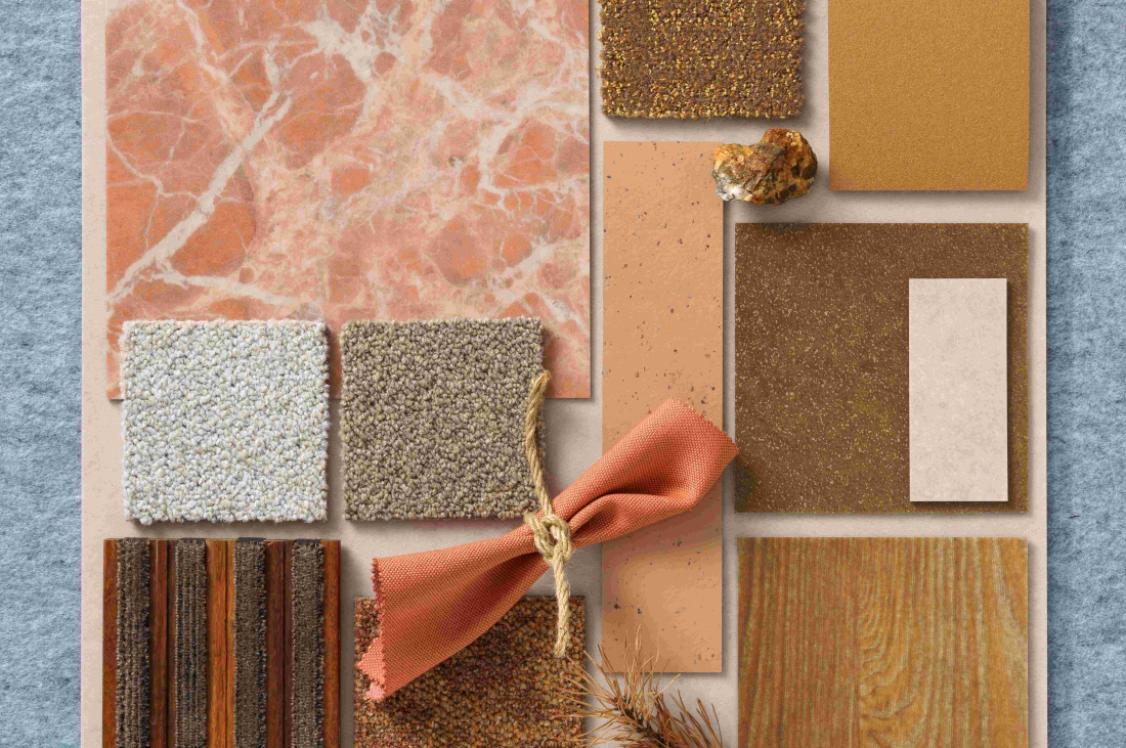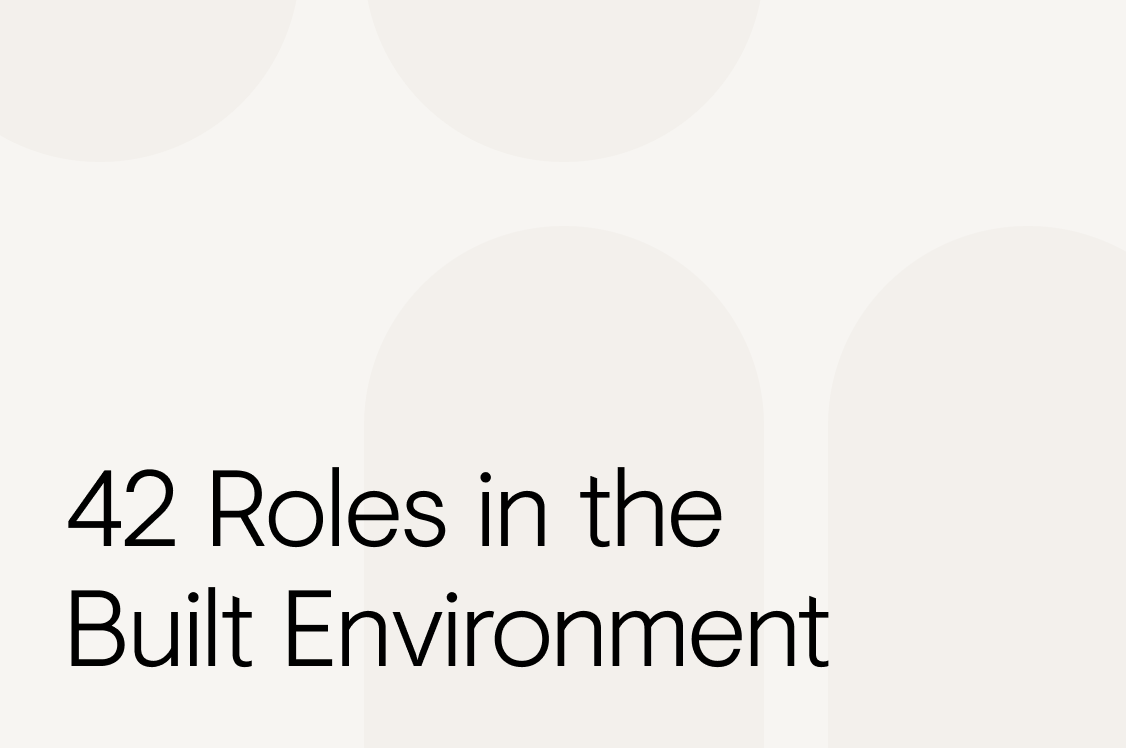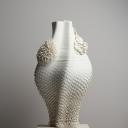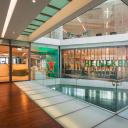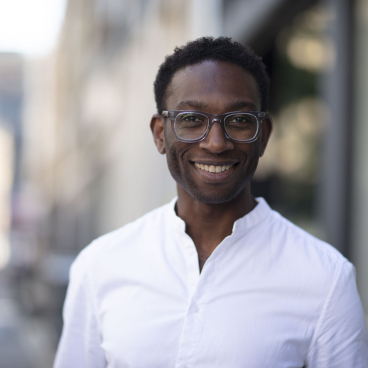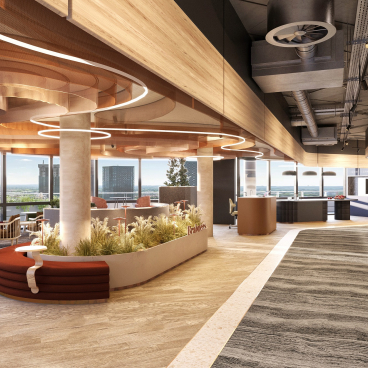"I believe there will be seasonal reductions in office density".
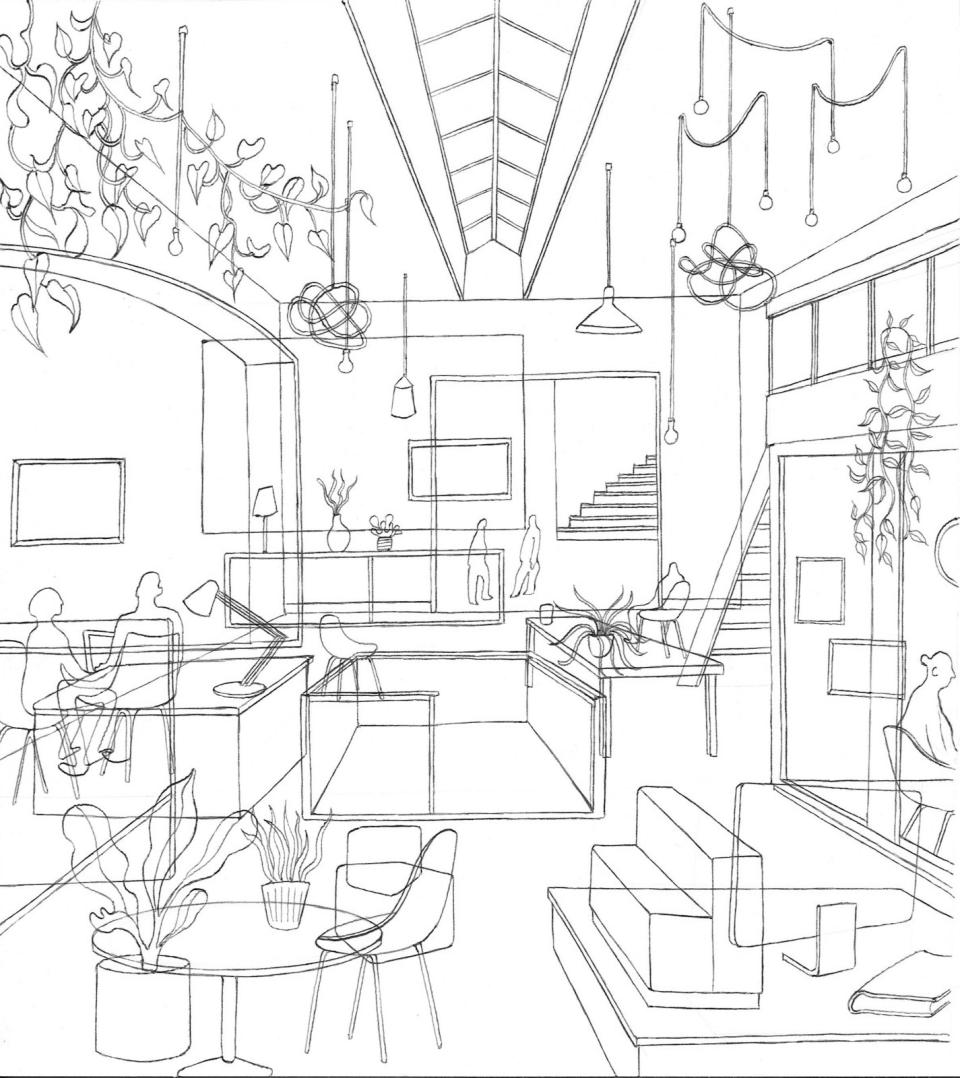
Illustration by Talya Baldwin
The global pandemic has brought about many big topics surrounding the future of workplace.
According to the ONS, before the Covid-19 crisis, less than 30% of the UK's workforce carried out their jobs from home. Fast-forward a few months and this rose to half of the population being home-based.
With this in mind, and as we see a gradual return to the workplace, we caught up with Peter Kerr, director at Atelier Ten, an environmental design consultants, to discuss some of the changes he's seen over the last 18-months, and how he feels both work and home life will alter as a result.
Amongst his thoughts are seasonal offices, the introduction of holograms and robots, and a move towards regional bases. Read on to find out more...
Can you please tell us about your professional background and how you came to be a director at Atelier Ten?
"I have been an engineer for over 25 years and joined Atelier Ten as a director just over 10 years ago. I moved as there was an opportunity to work with a company that allowed me to innovate and affect building design in a sustainable way."
What is your speciality area of expertise?
"I have many technical interests, but I am a Chartered Building Services Engineer, and my love of engineering and science has pushed me into topics such as health and wellness and smart technology, as well as designing buildings that incorporate ideas to help work towards a Zero Carbon future."
You have a keen interest in workplace wellbeing, and recently spoke about the post-covid office being improved through the implementation of smart technology. Can you please share some of your thoughts on this topic?
"By combining my interests for health and wellness, and smart technology, I was acutely aware that people will feel anxiety about going back to the workplace; either aware of their proximity to other people or a fear of the cleanliness of their workspace.
"My view for the next few years is that we need to know more about our local environments and create workspaces that we know are clean and healthy - the use of smart technology can help enable this."
You also shared the view that the office could become seasonal - being used less in the winter months. How do you see that playing out?
"There is seasonal absence under normal circumstances due to illnesses such as influenza, and with the recent pandemic people are more aware of spreading viruses. In my view, this will make people more contentious on our return and actually rather than having an 'it is just a sniffle?' attitude, people will work from home.
"I believe this will inform seasonal reductions in office density whereby office occupiers will see this occurring for a couple of years and then actively plan for the eventually in the future."
What are the fundamentals of ‘good’ office design?
"I think this is an evolving subject, but good offices of the future should be designed to be occupied less densely, the move towards cramming people together in one space to create so-called 'agile' working approaches is not conductive to a healthy space.
"The future offices in my view will have less focus zones i.e. the traditional desks where you sit for 7 hours a day, as this type of work can easily be done at home.
"The future office spaces will be about training of staff, creative thinking spaces which require inspirational design, social spaces for staff to encourage company culture and team bonding, more Video Conferencing (VC) meeting spaces to allow international working and reduce travel, as well as VC Booths for 1-1 calls. We may even see Microsoft HoloLens were we will have holograms in office spaces and homes."
How important is materiality in the design of workspaces?
"Materiality is important and from a design perspective we will be more aware of porous materials and areas which require deep cleans. I hope we do not turn our office spaces into hospitals and we use technology again to solve this such as UVC Robots which can clean spaces using UVC light when the workspace isn't occupied. Fundamentally our workspaces need to be comfortable, functional and inspiring."
You’ve also discussed the possibility of increased homeworking leading to some businesses moving to more rural locations, or residential developers building nearer to amenities. Could you expand on this, please?
"Yes this was interesting, we spoke with one occupier who was considering creating a concept of having more smaller workspaces, which were informed by the geography of current and potential staff, rather than putting all staff in city centre space.
"They felt that this approach could lead a more flexible workforce while still maintaining an element of cultural identify. My view of it is that unless you have spaces with a minimum number of staff, the company culture can be very difficult to implement and we could end up with staff being treated as numbers rather than people, which is another reason for having a good sized office space."
What are you currently working on at Atelier Ten? And what's next?
"As a business we have seen an upshift in large scale medium and high density Private Rental Sector projects, and industrial projects, whist the office market finds its feet again - and, it will. I think Covid-19 has taught us that the office can never die due to the level of human interaction we all crave.
"Personally, I am looking at how I can use my skills to actively help promote the impact of climate change and how we as designers of buildings have a massive part to play in the solution to this major challenge."


